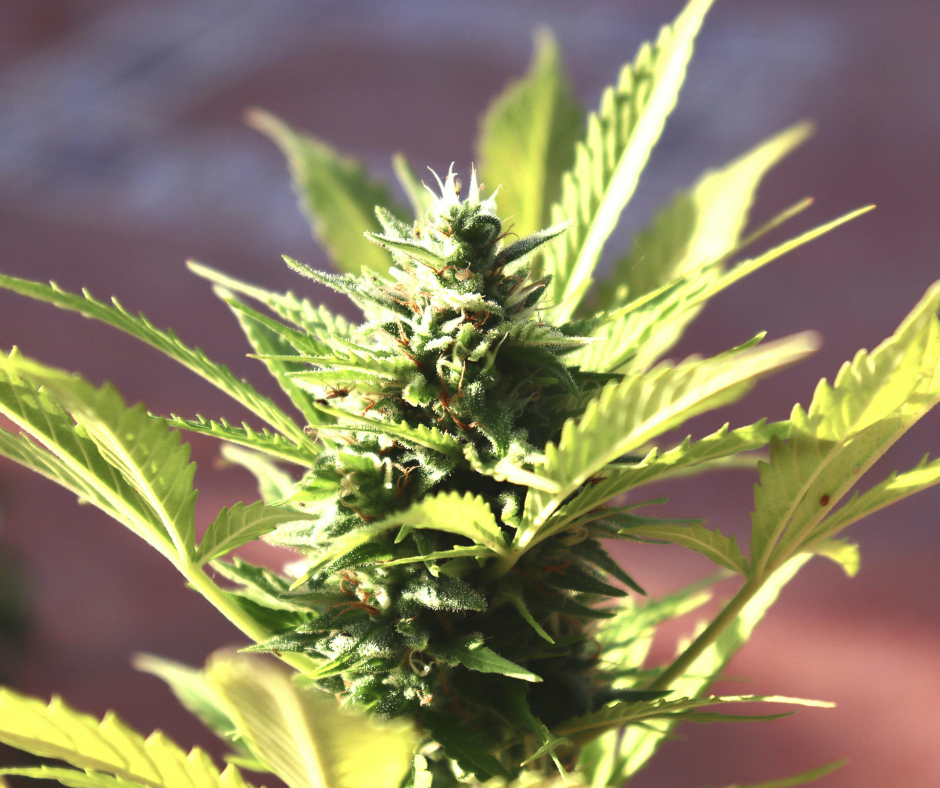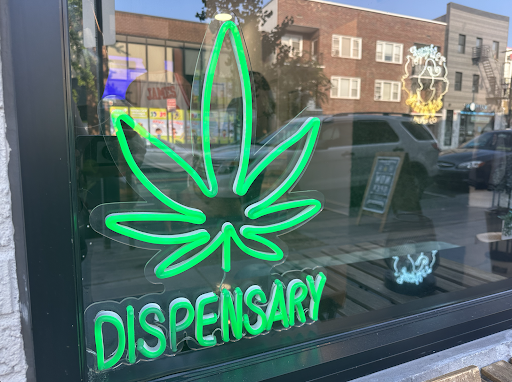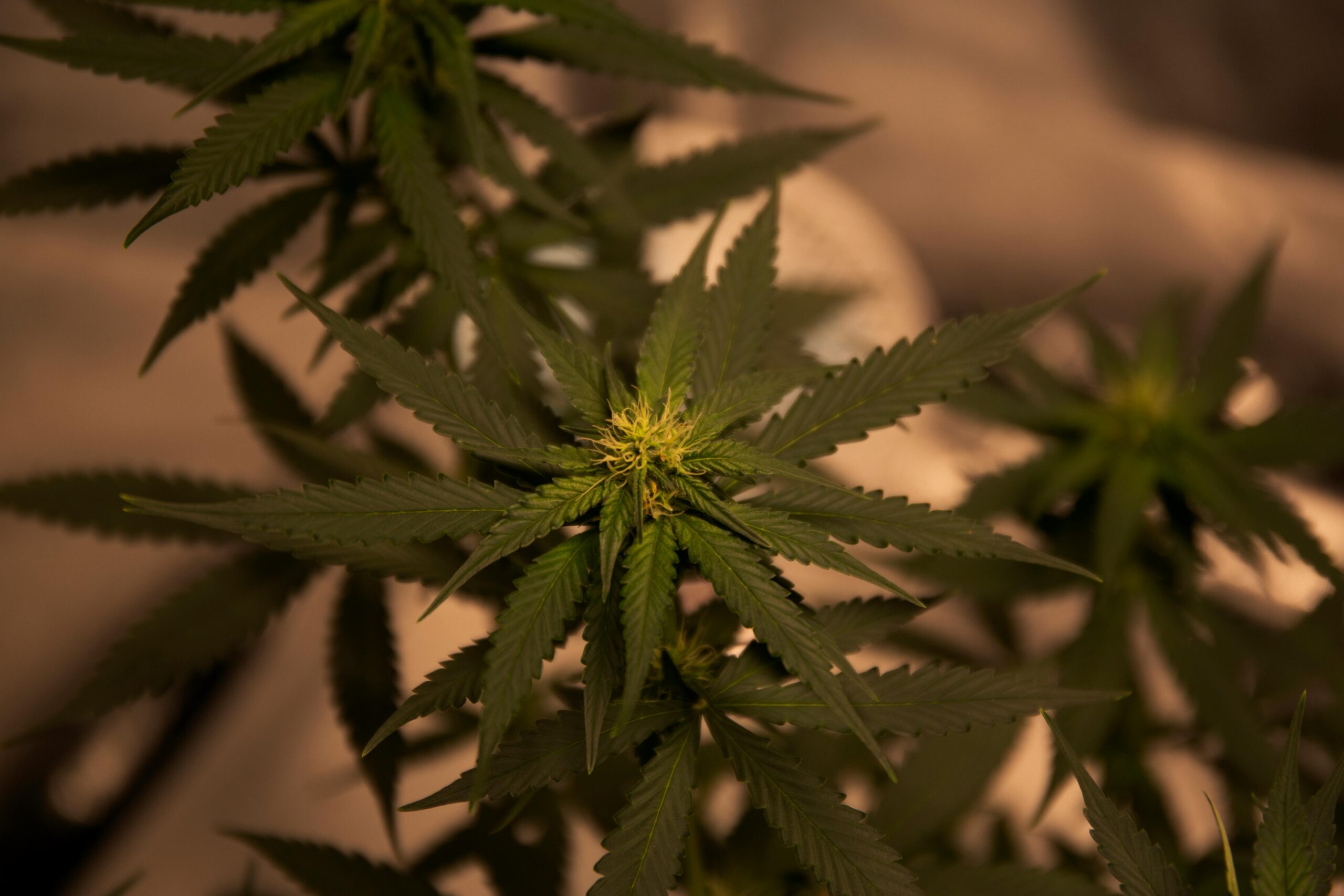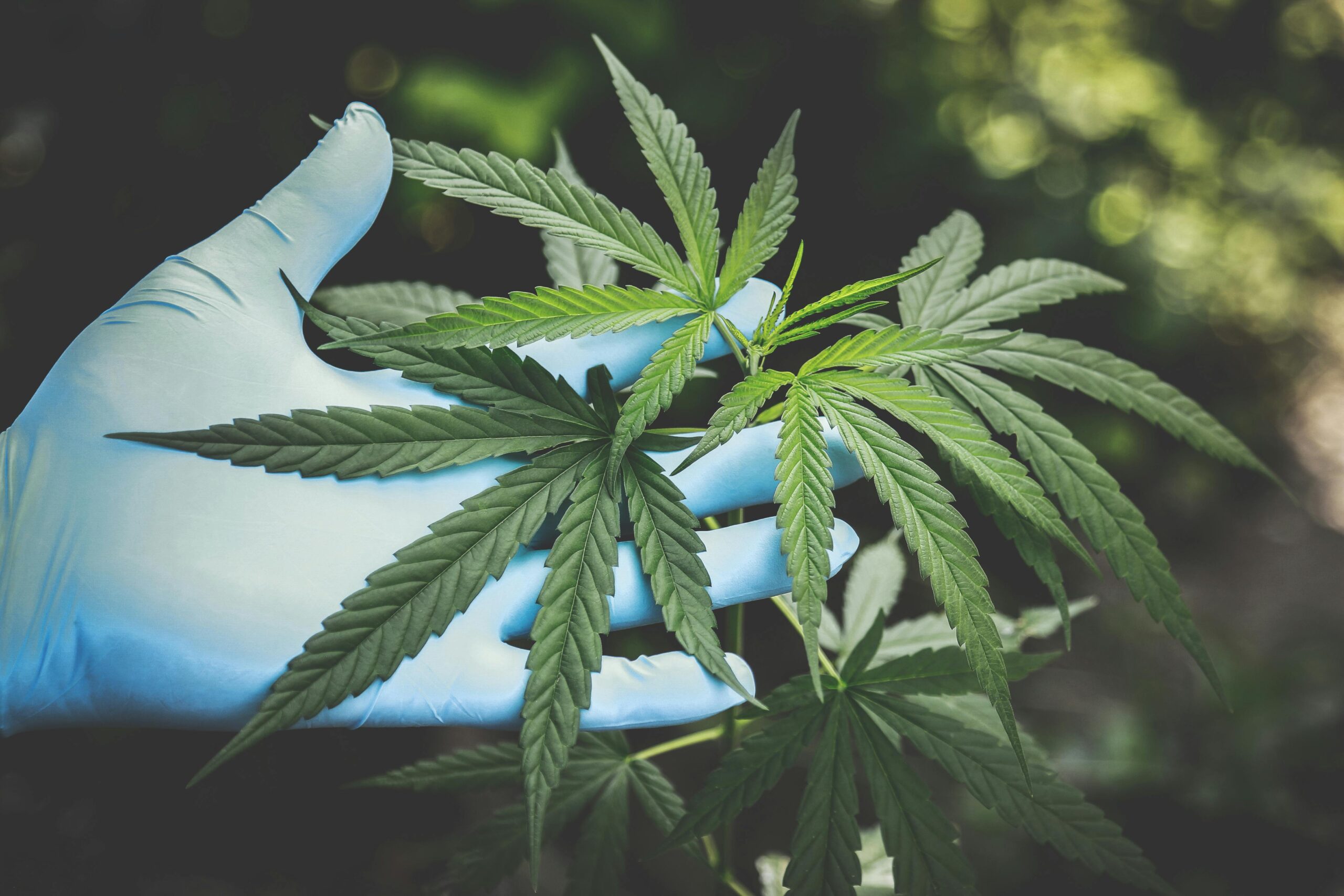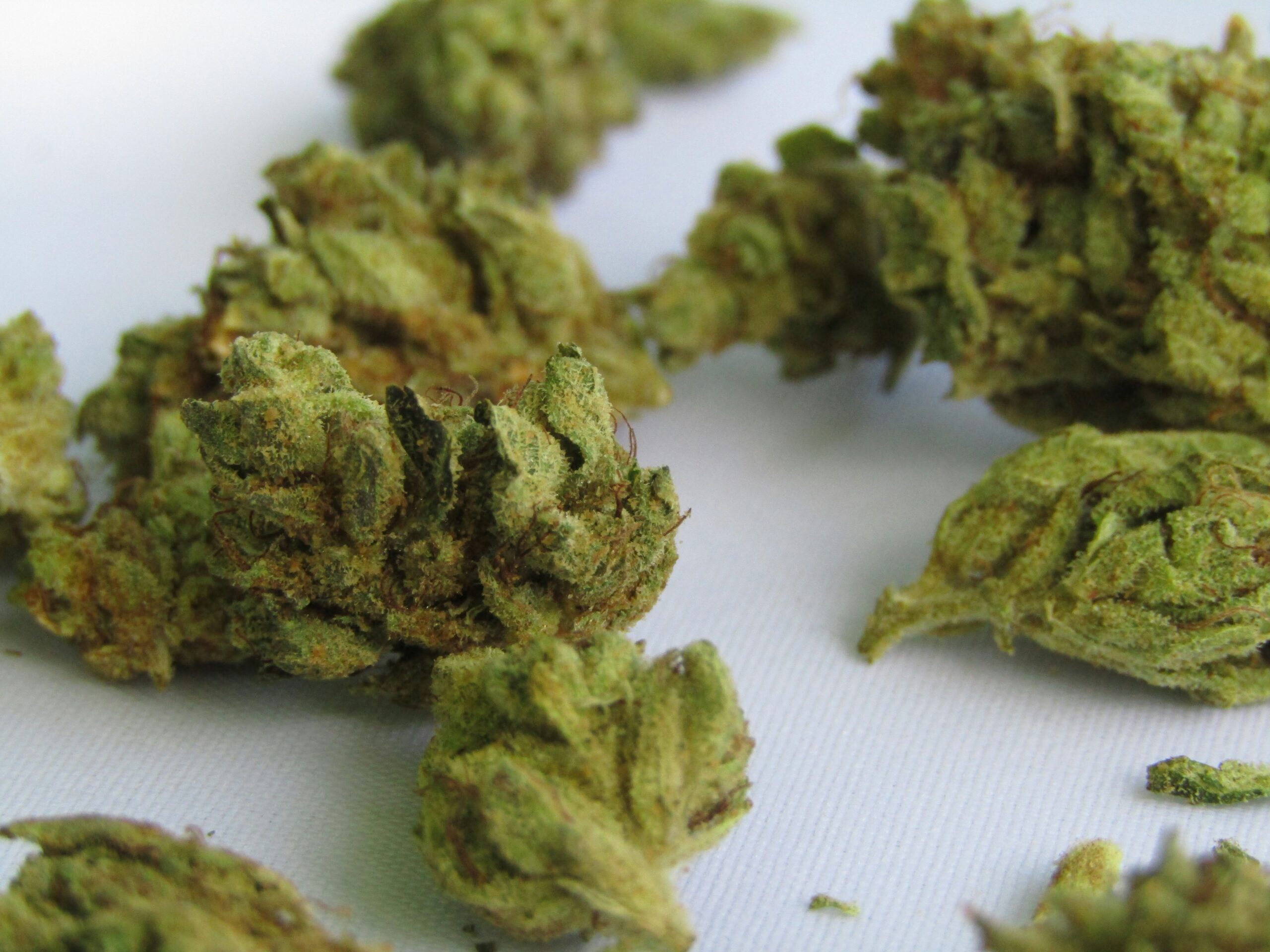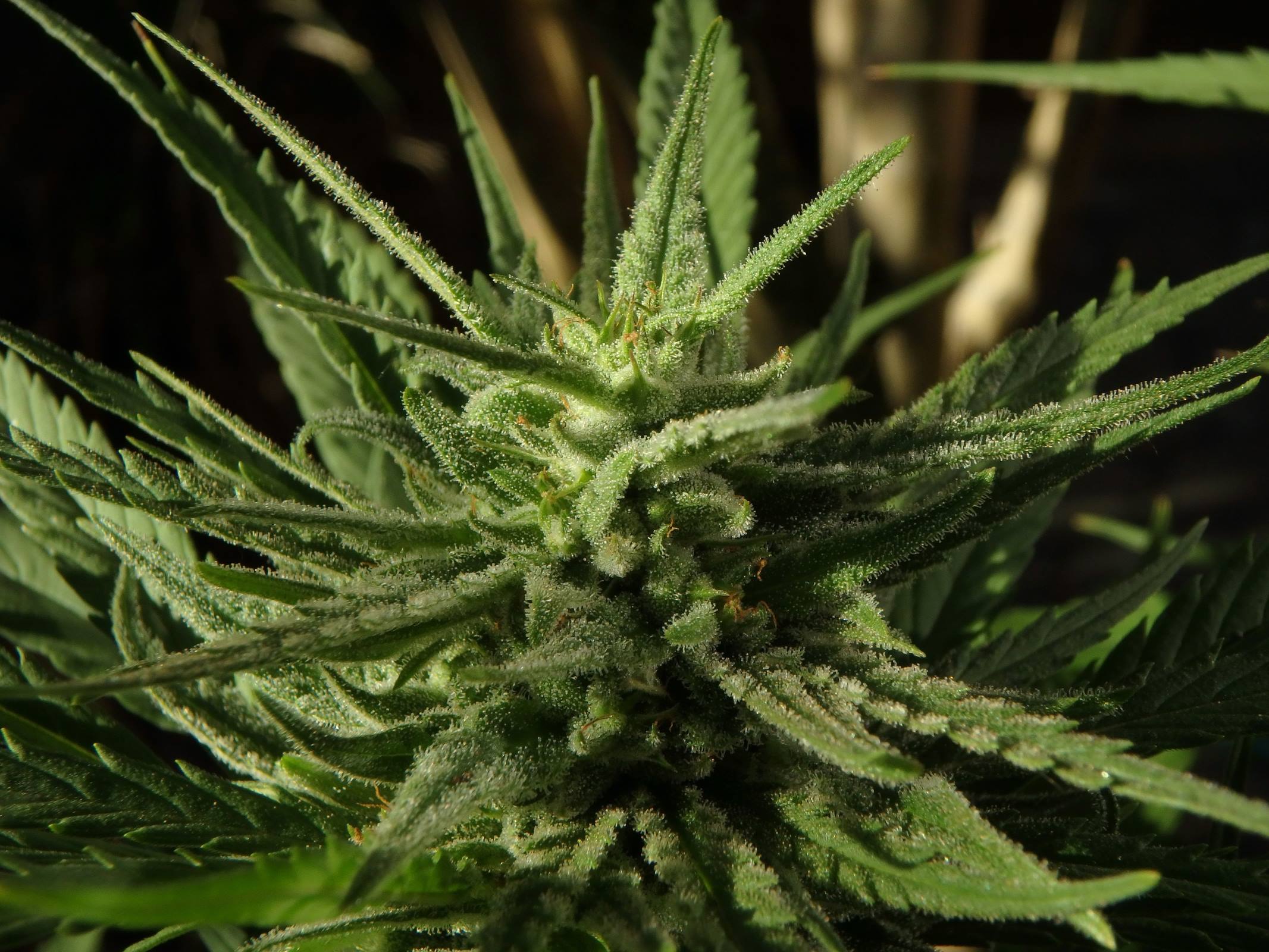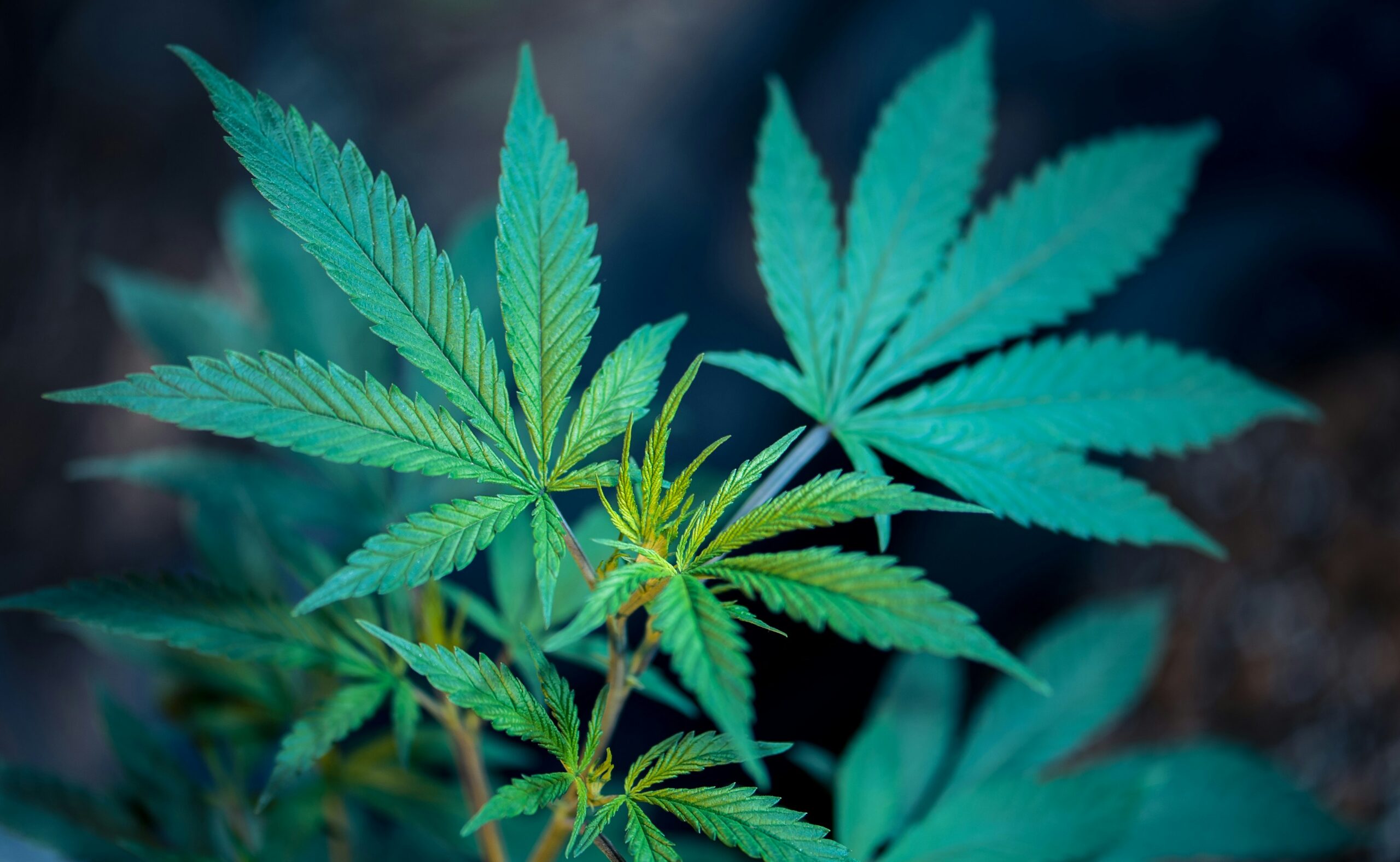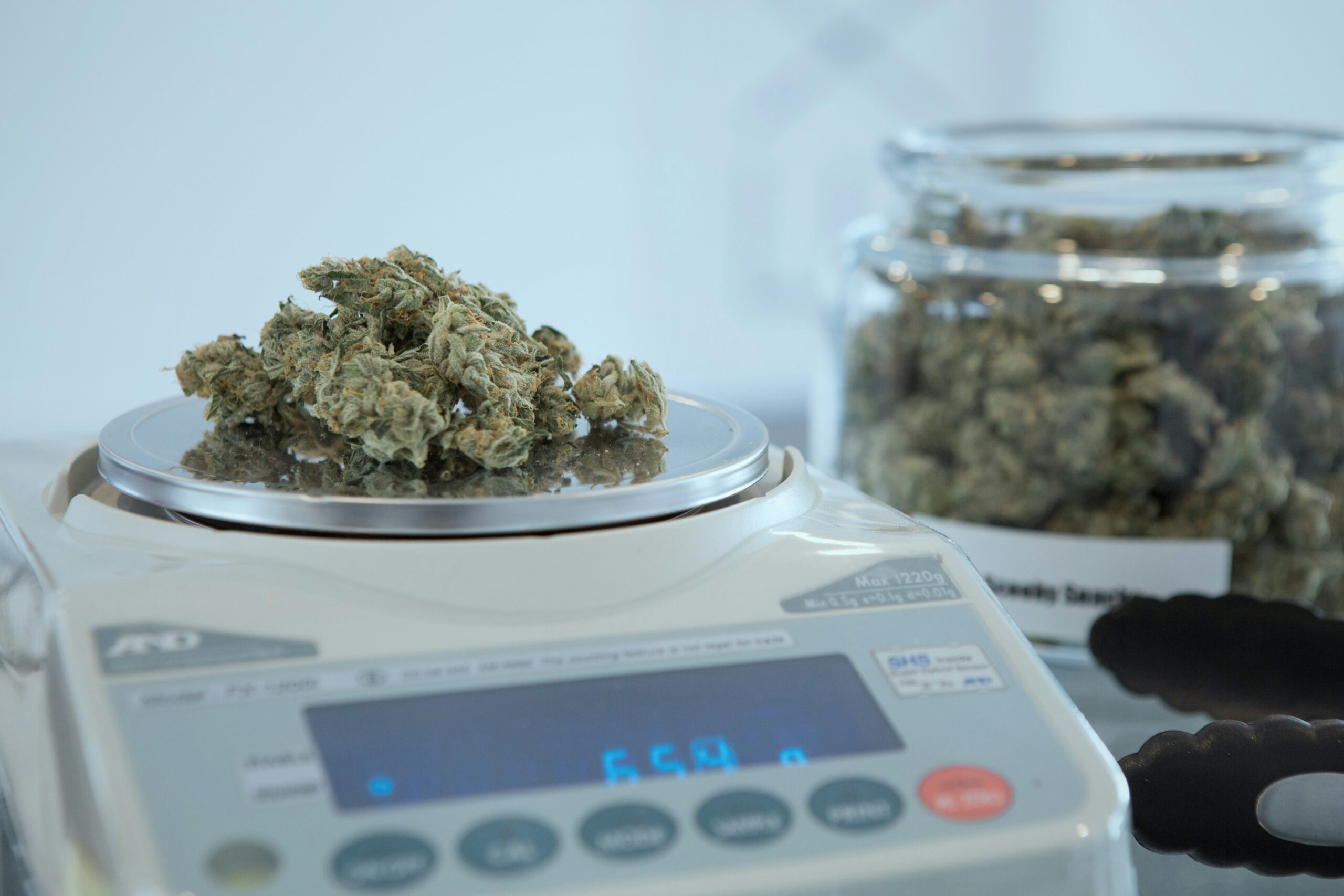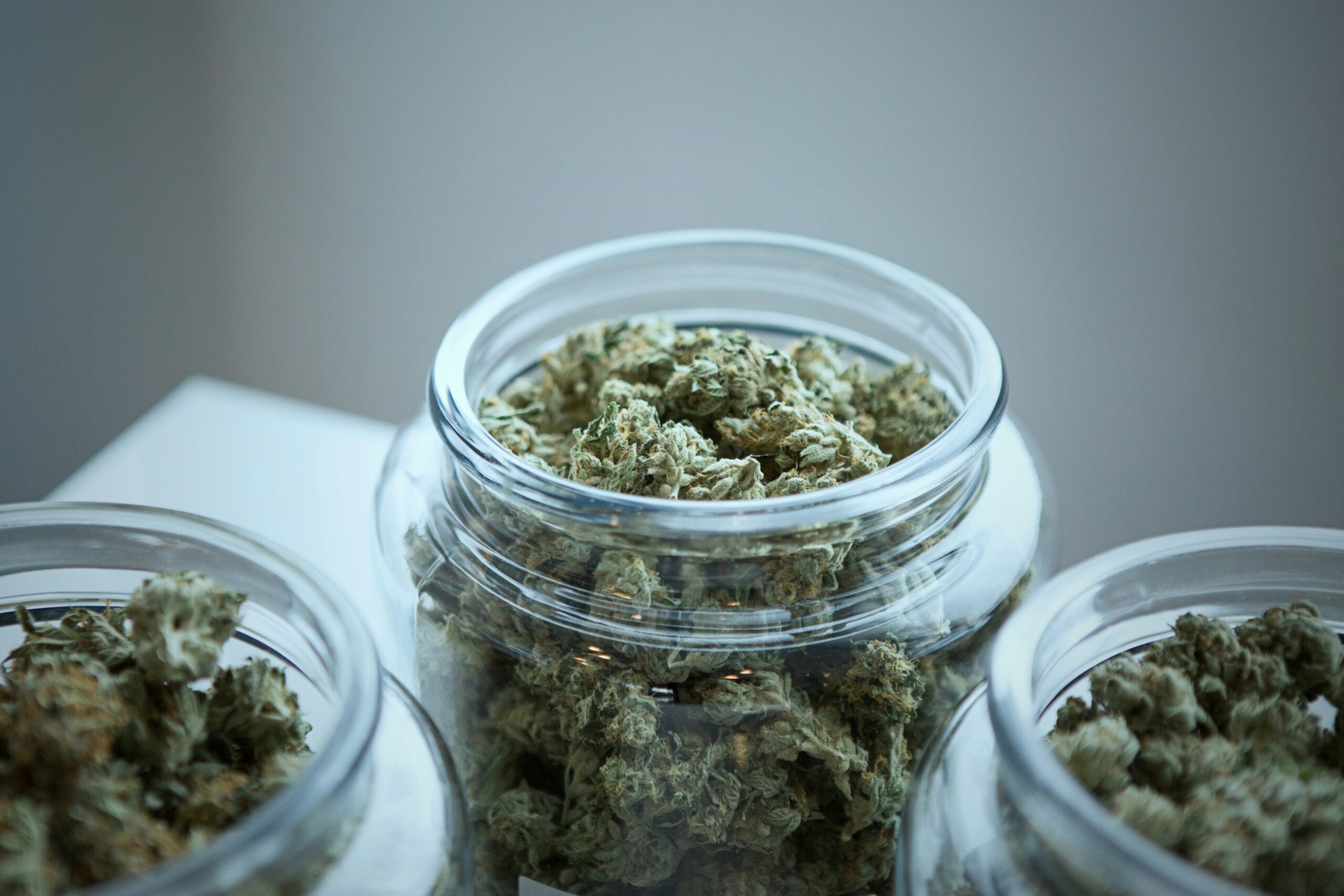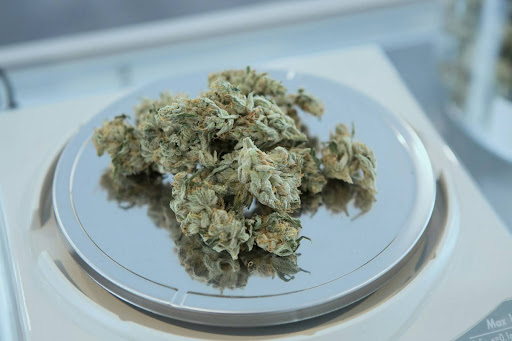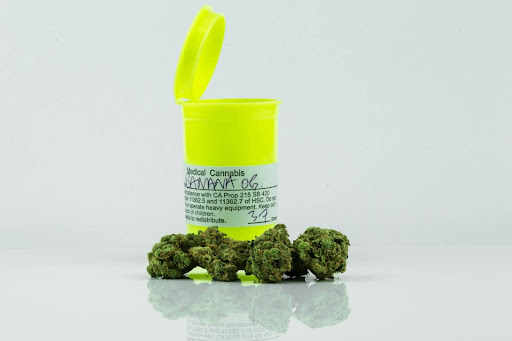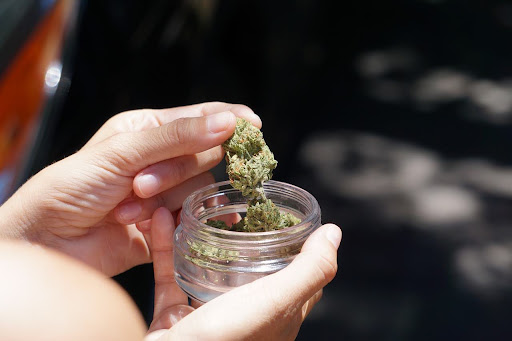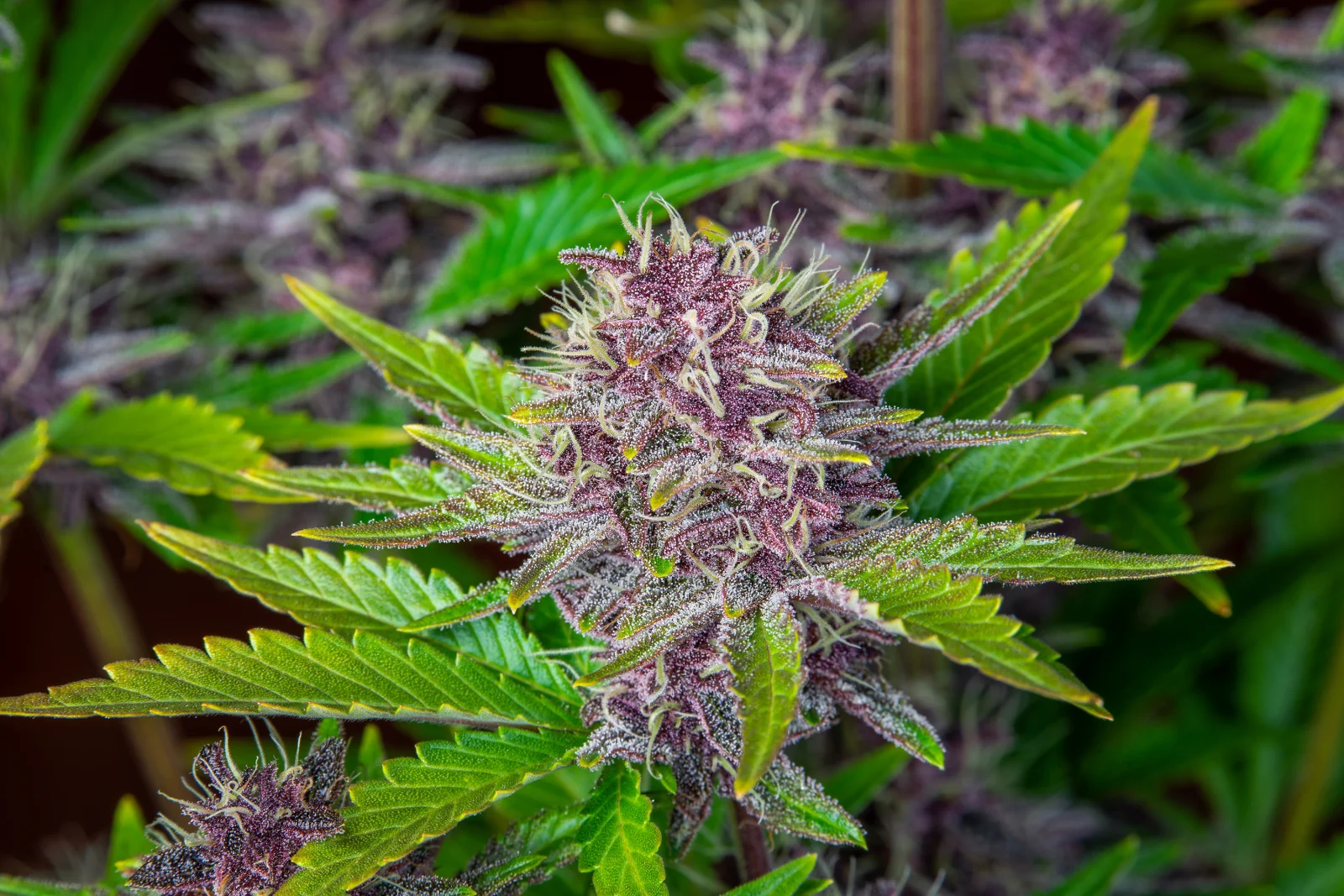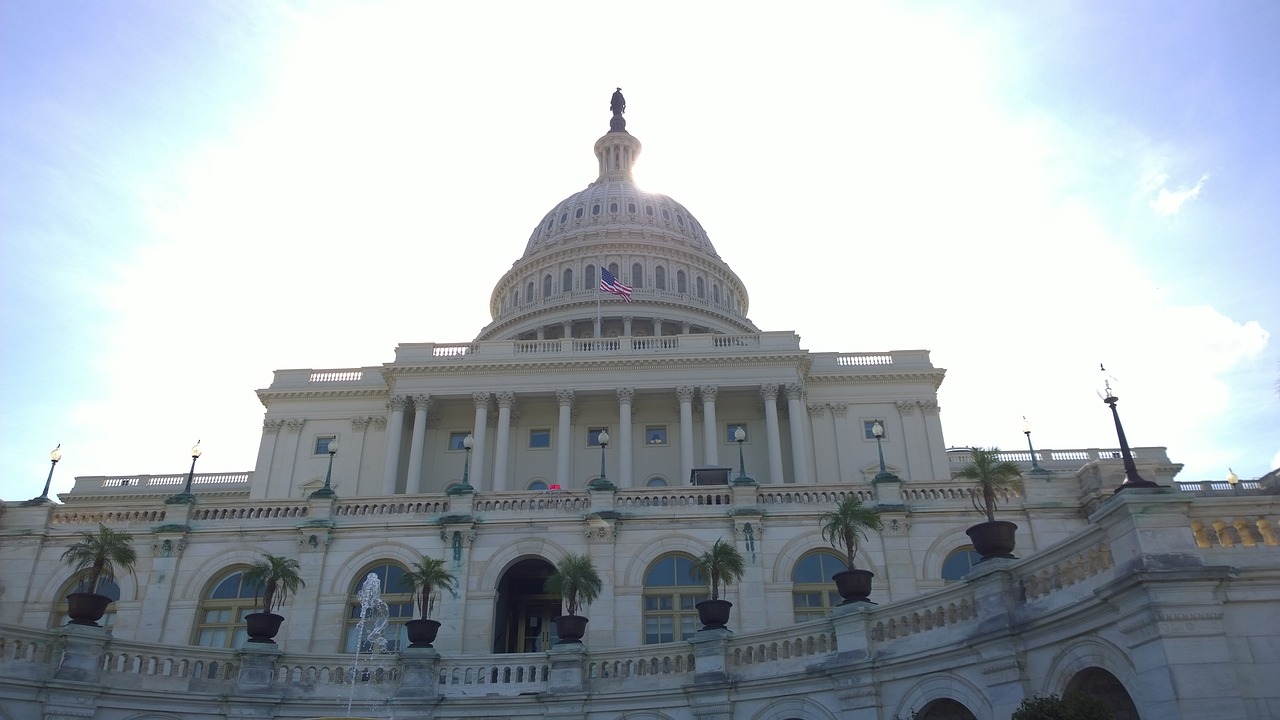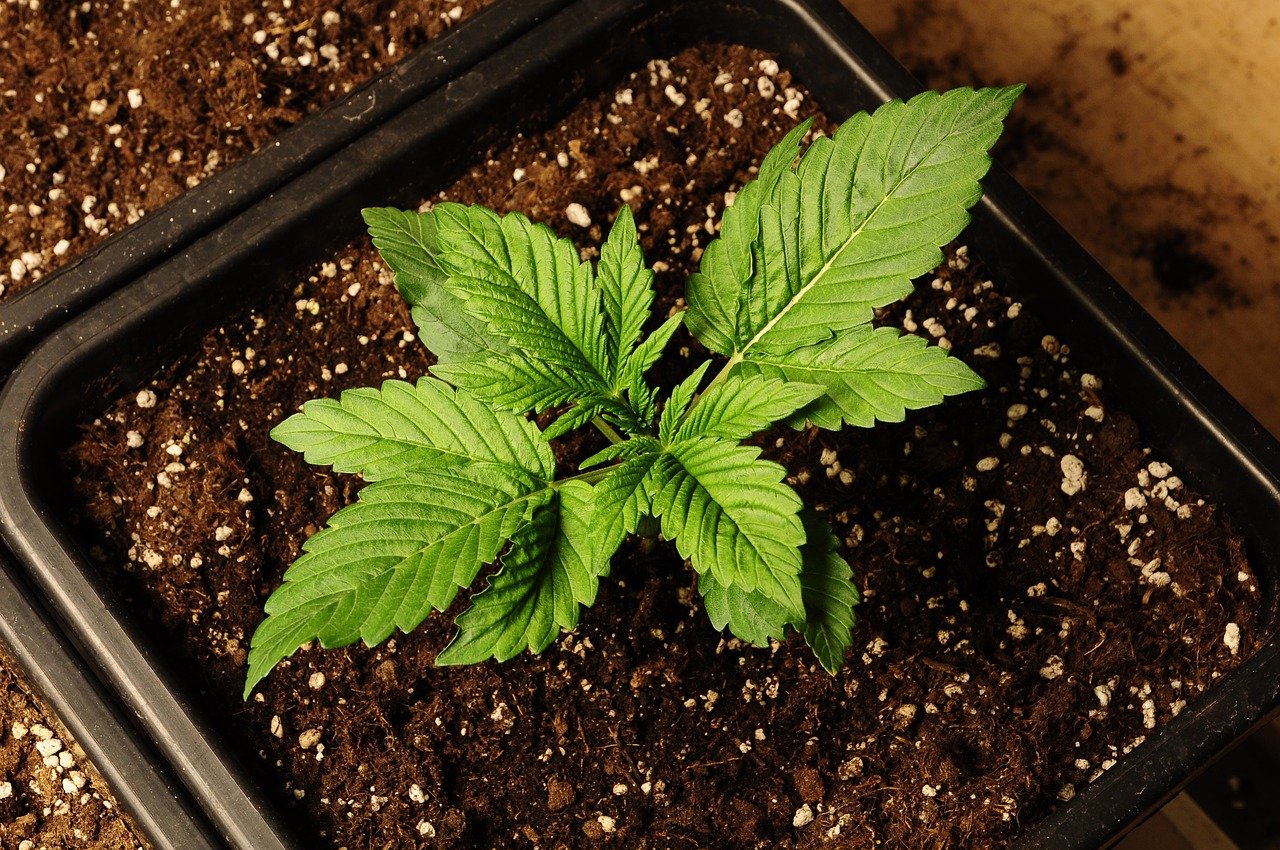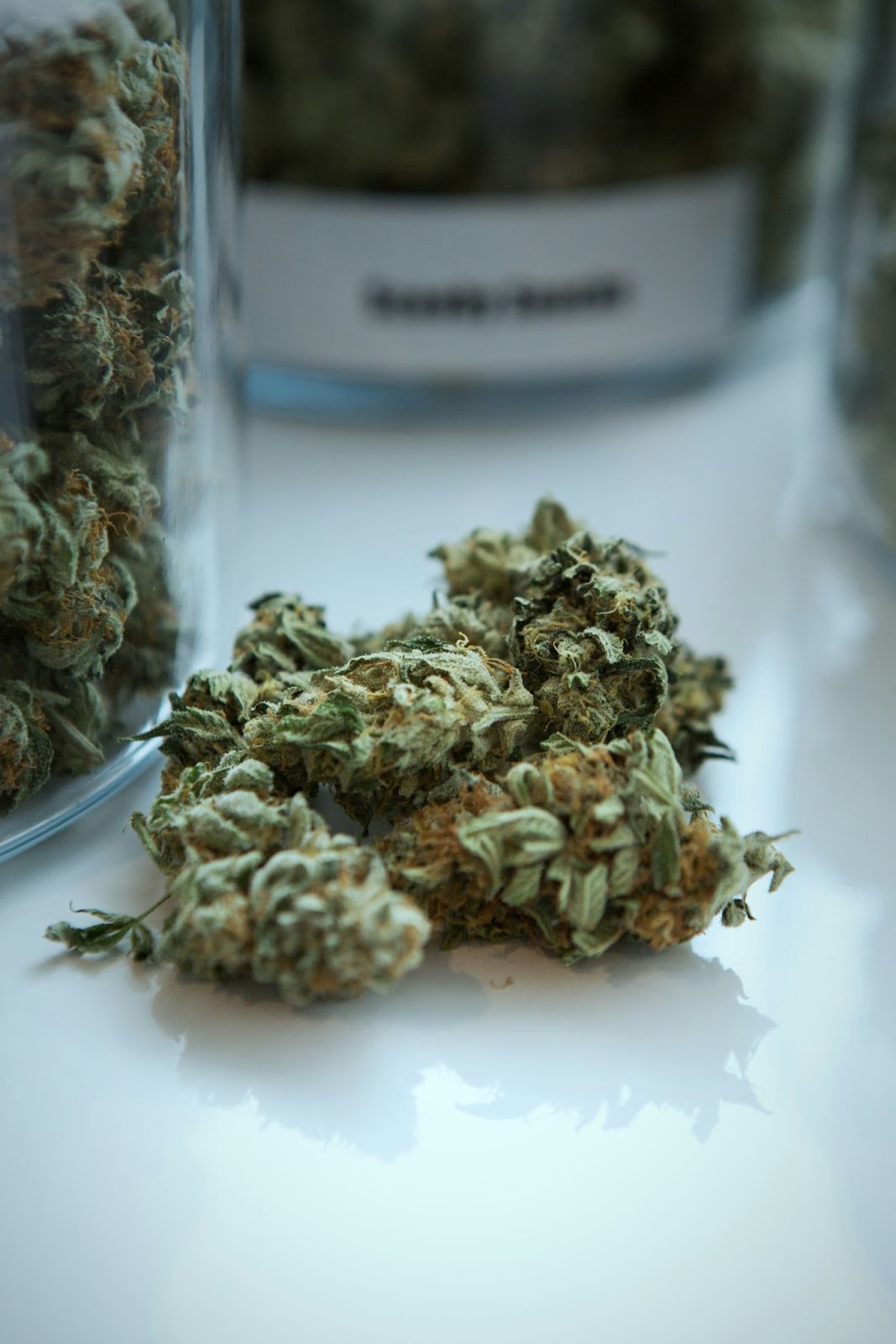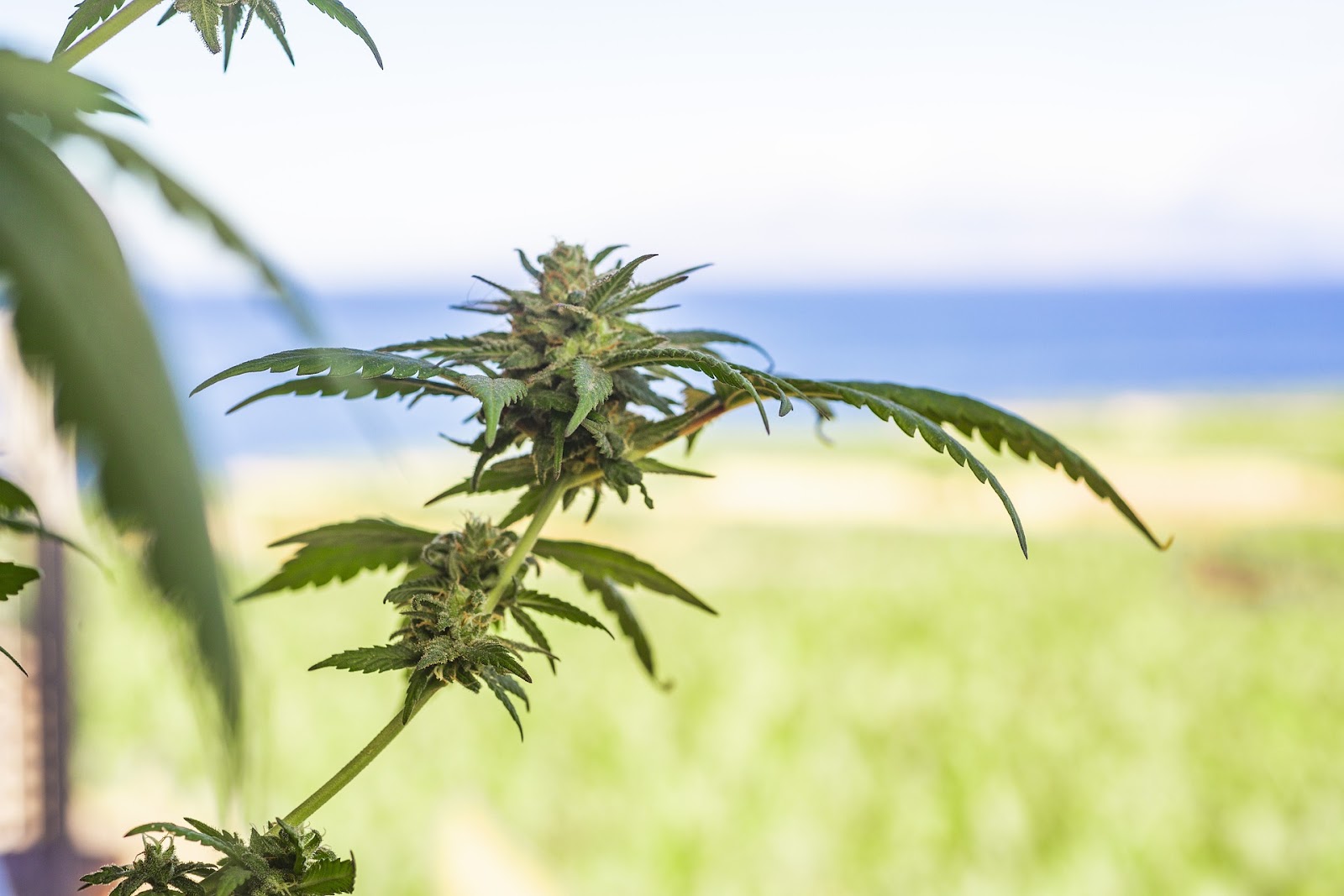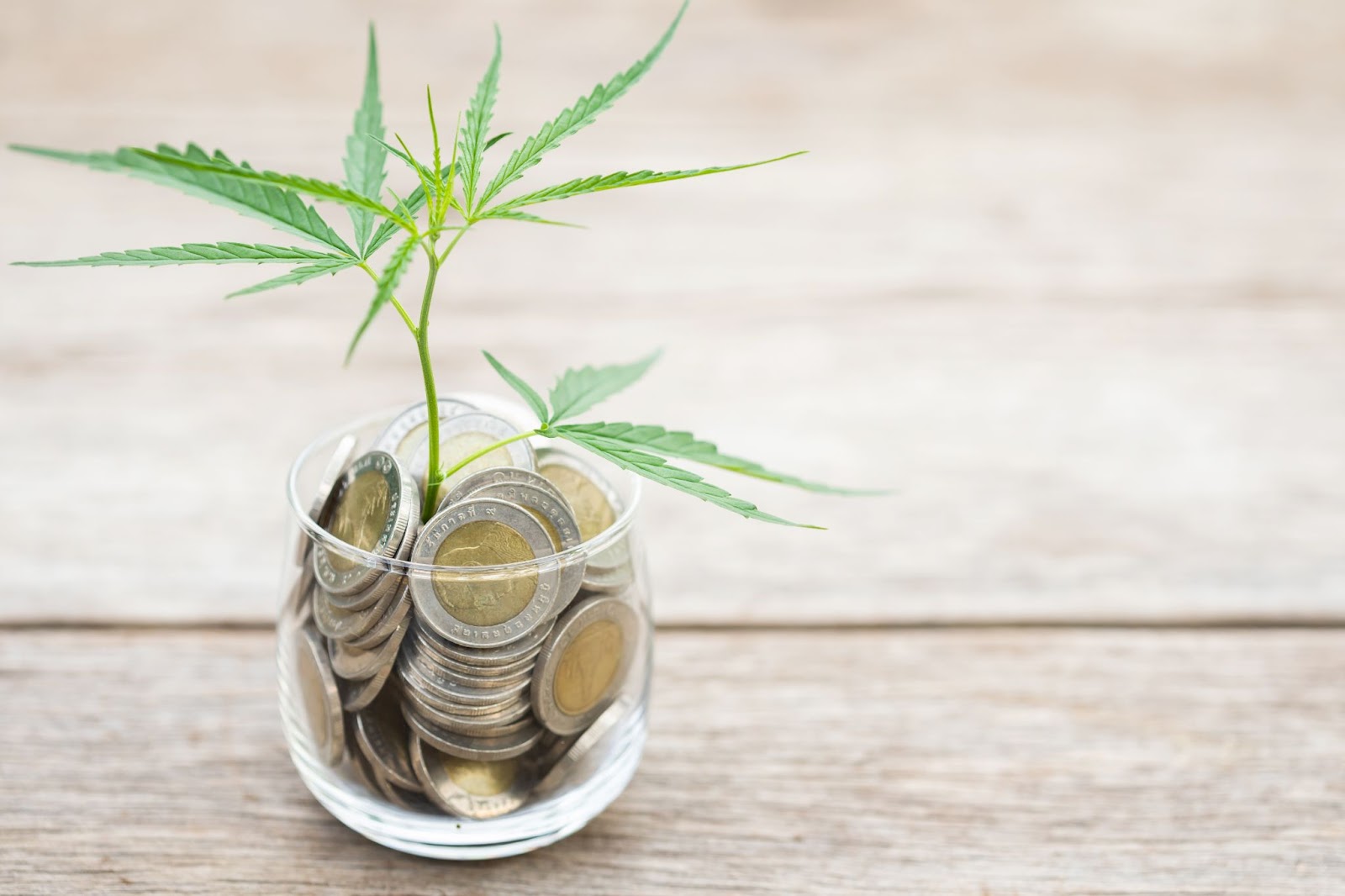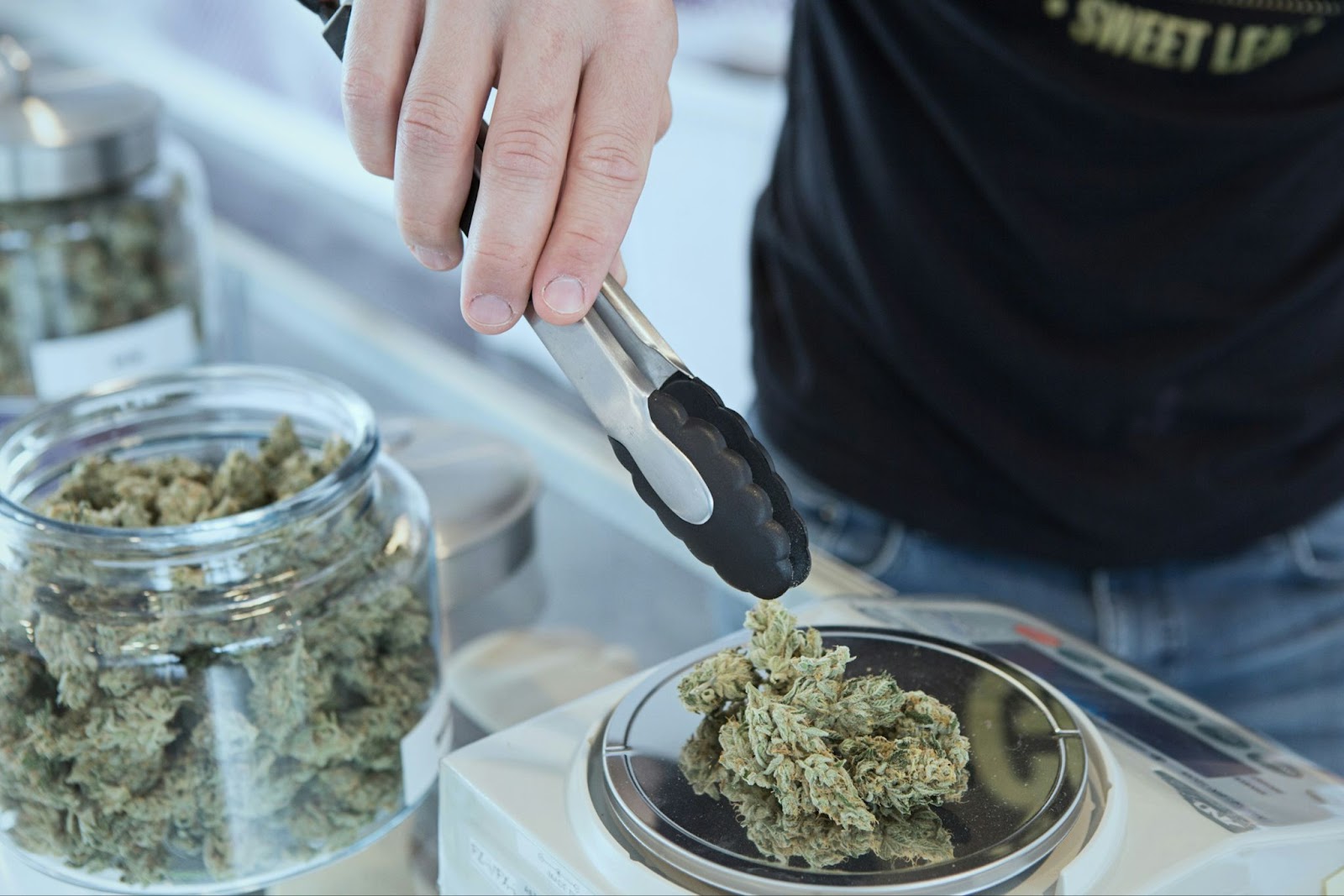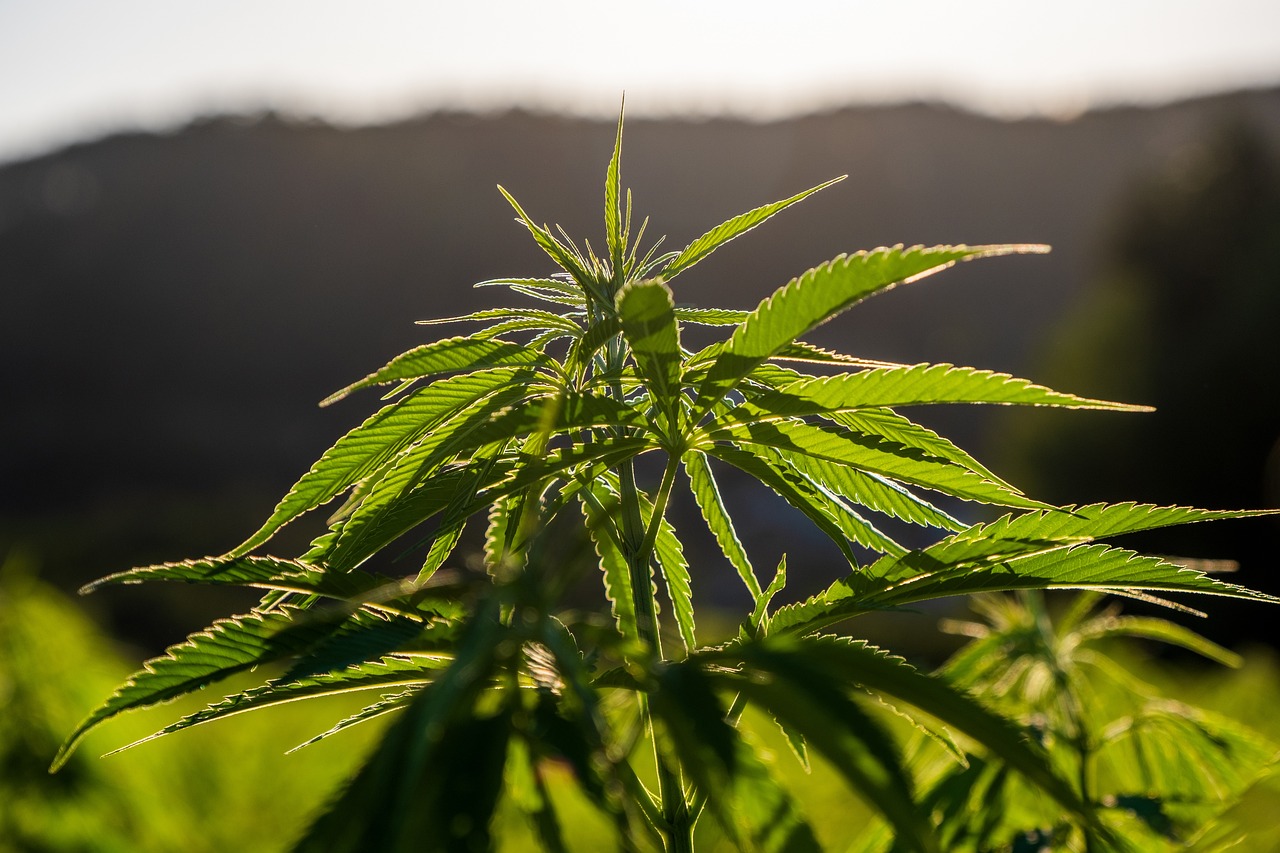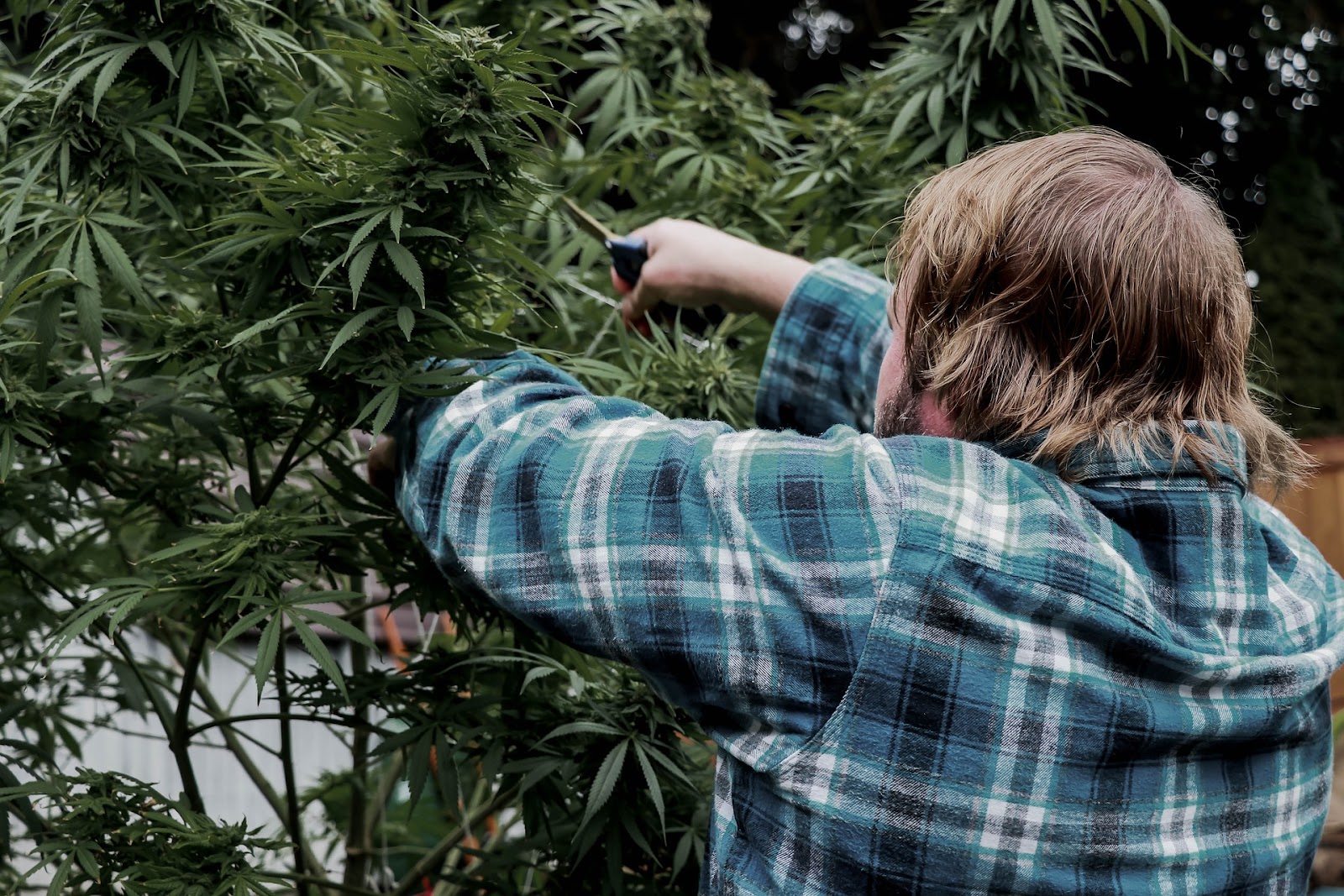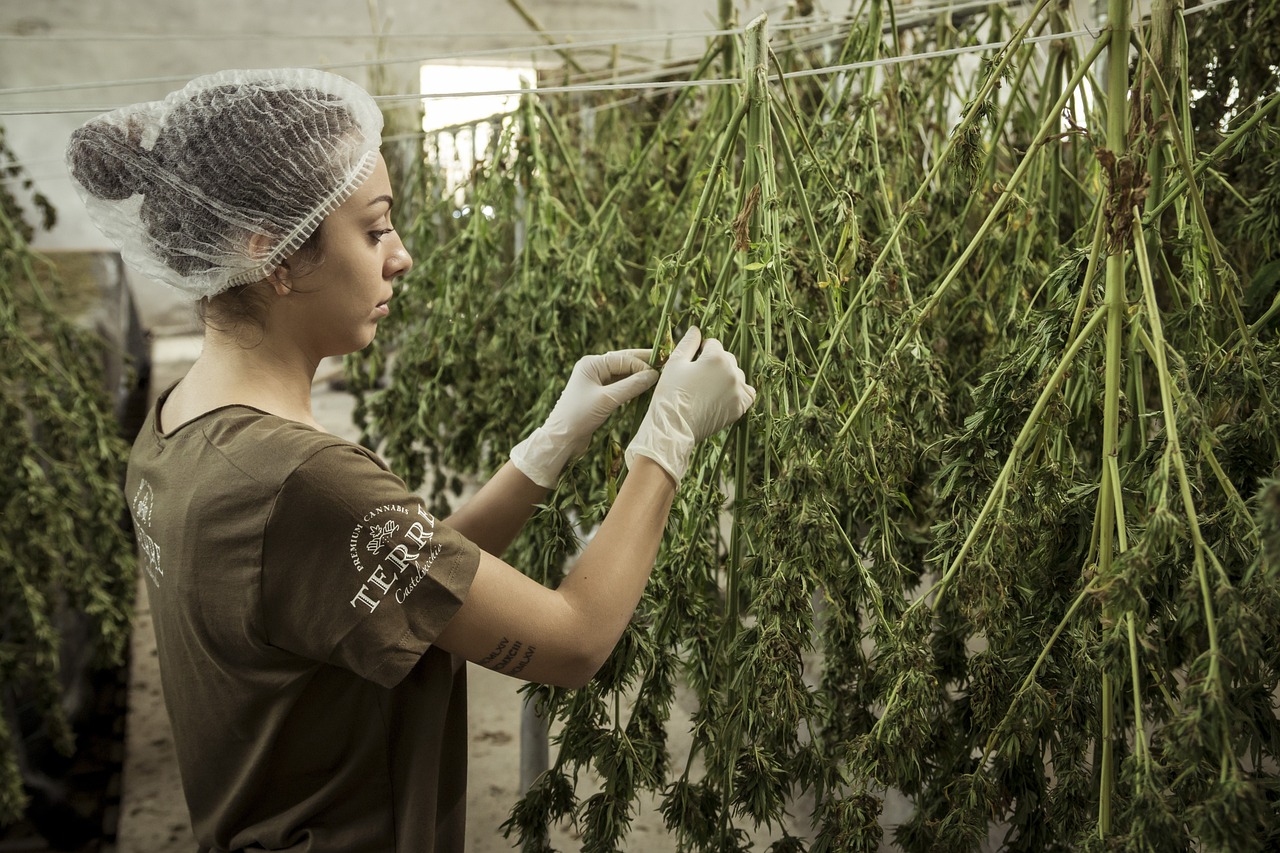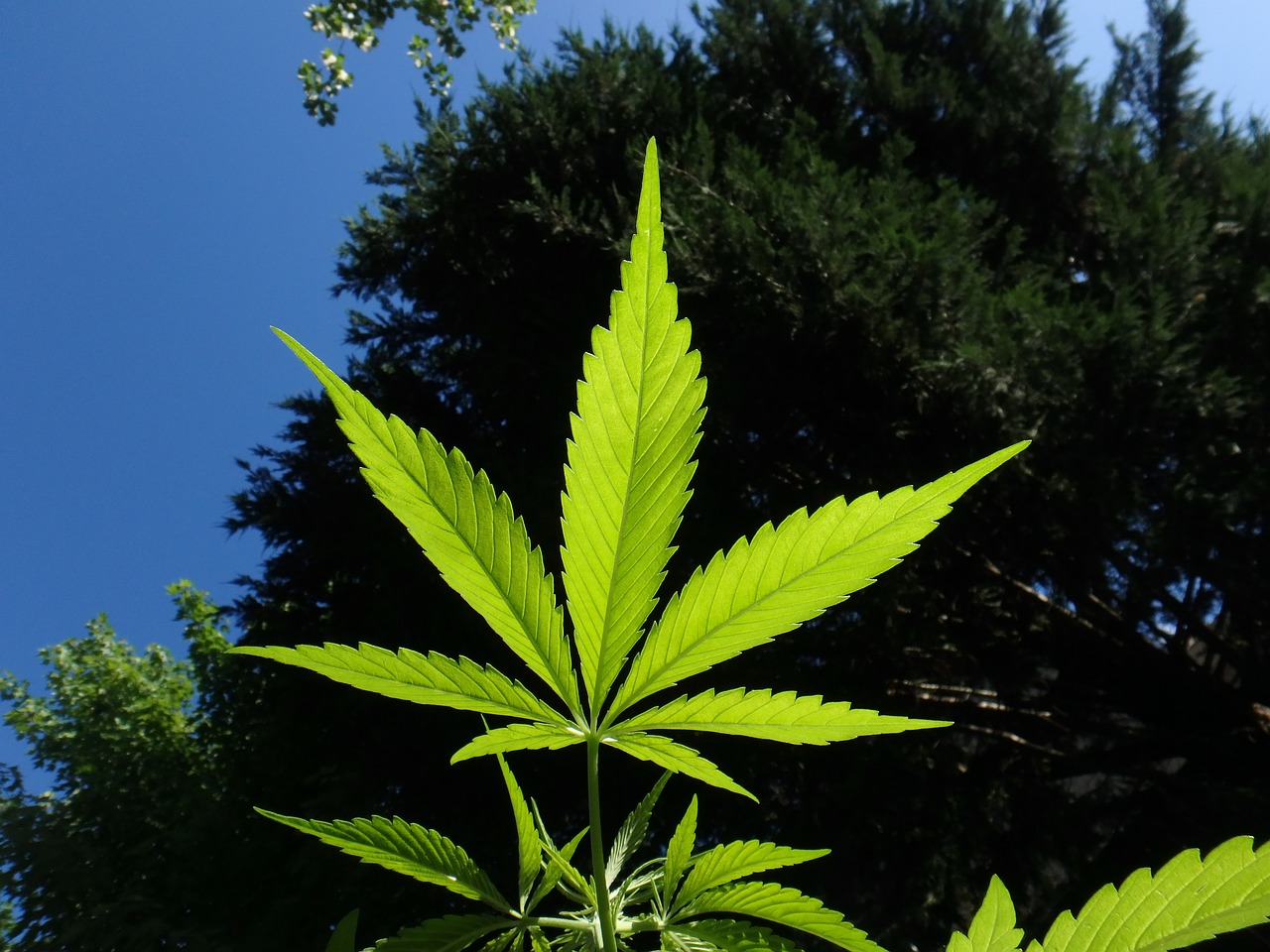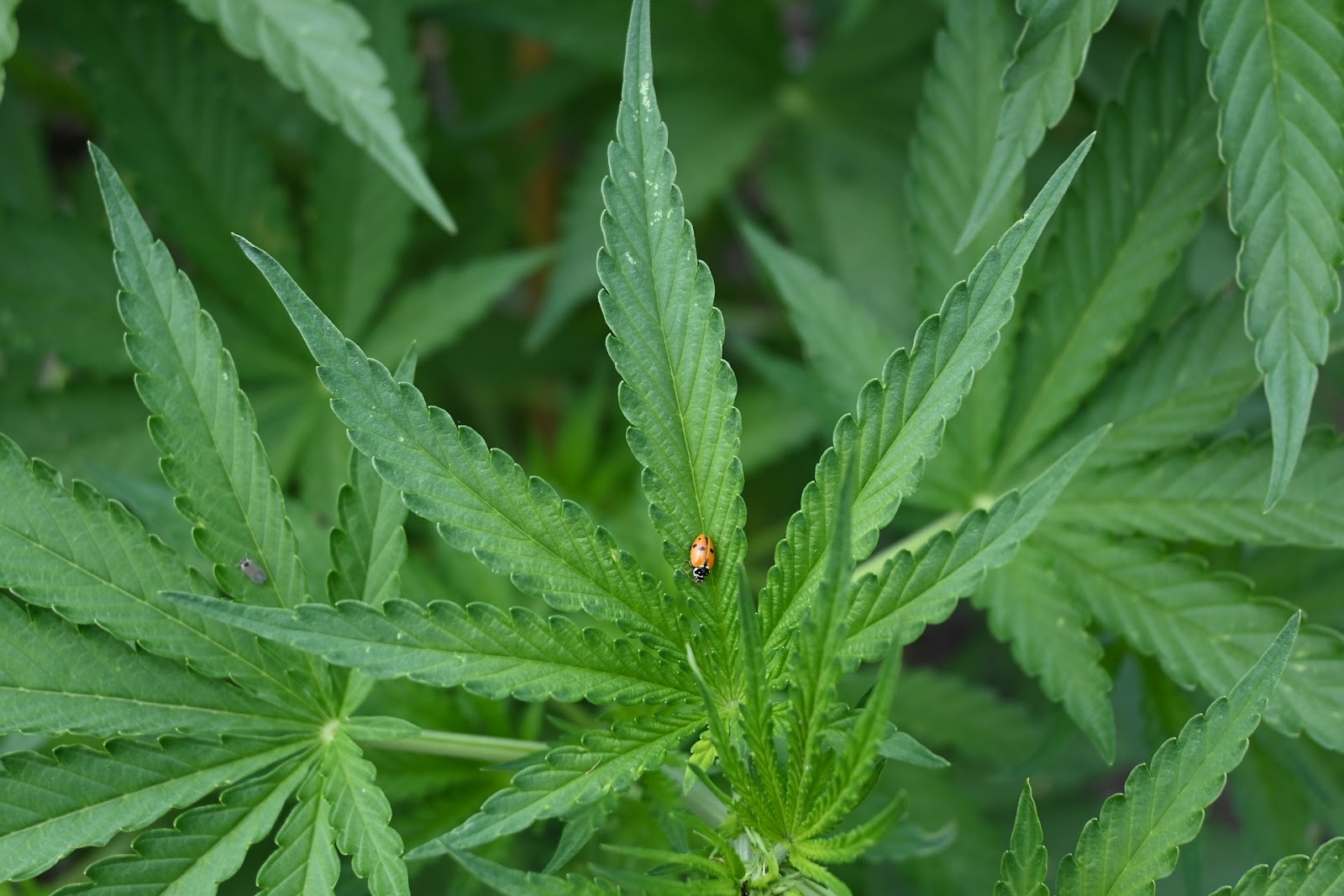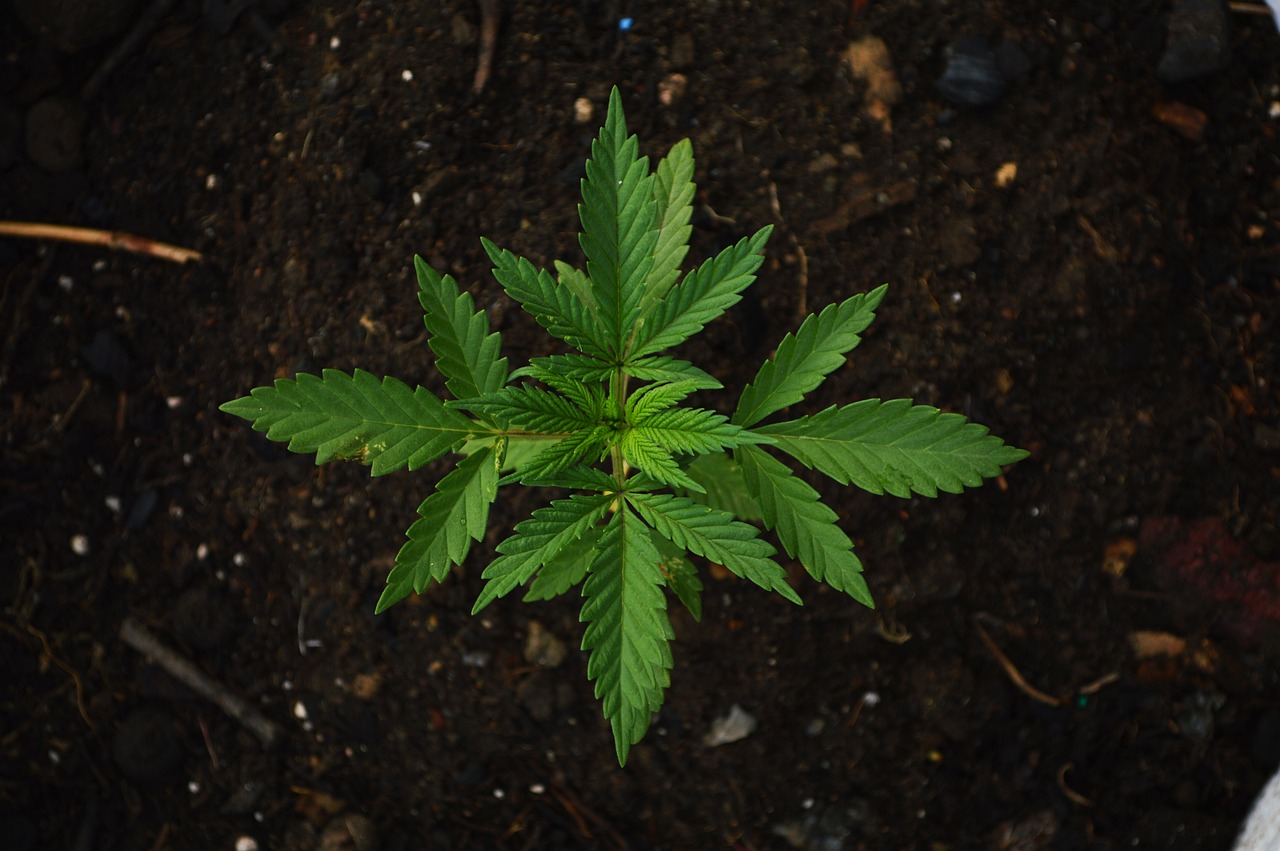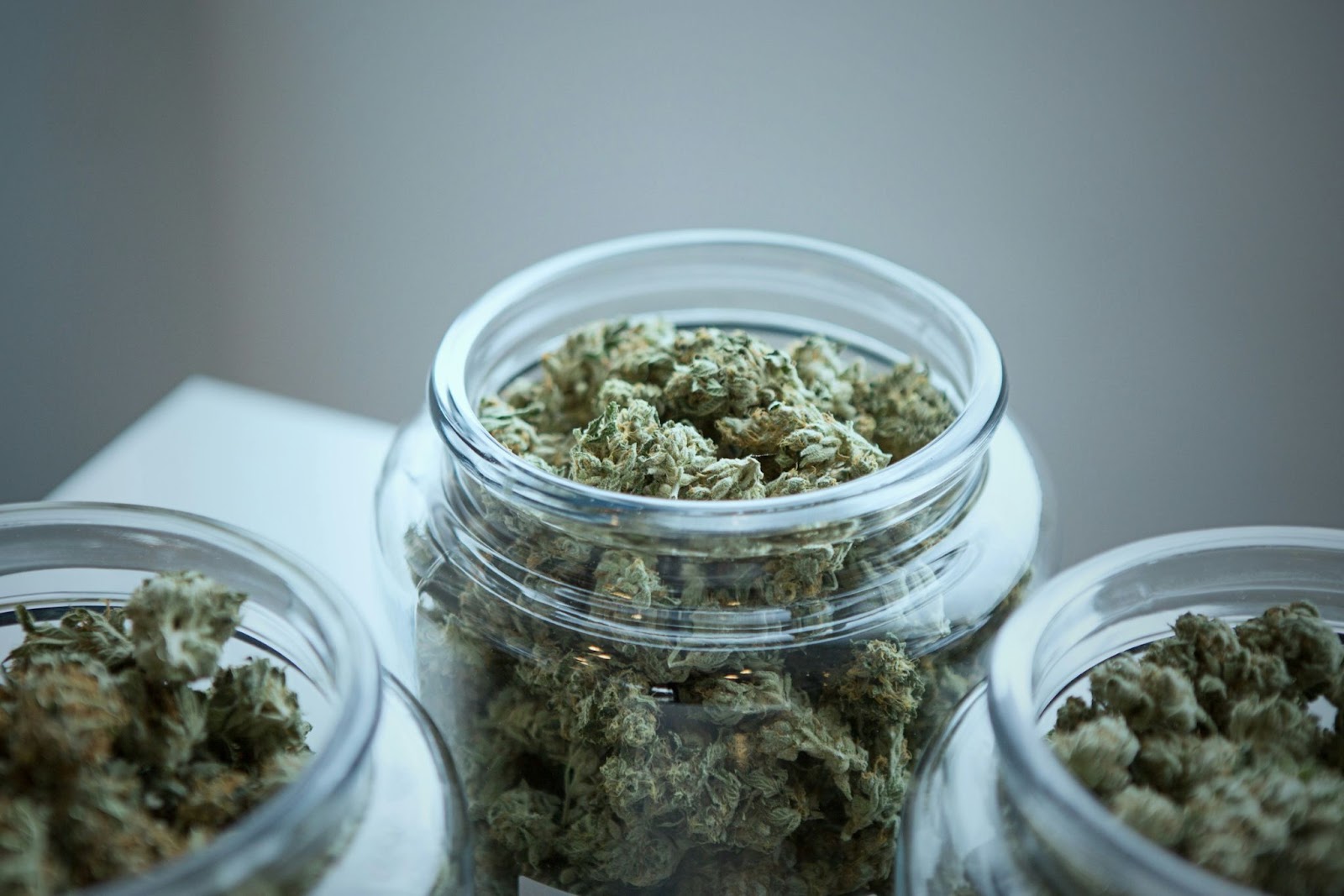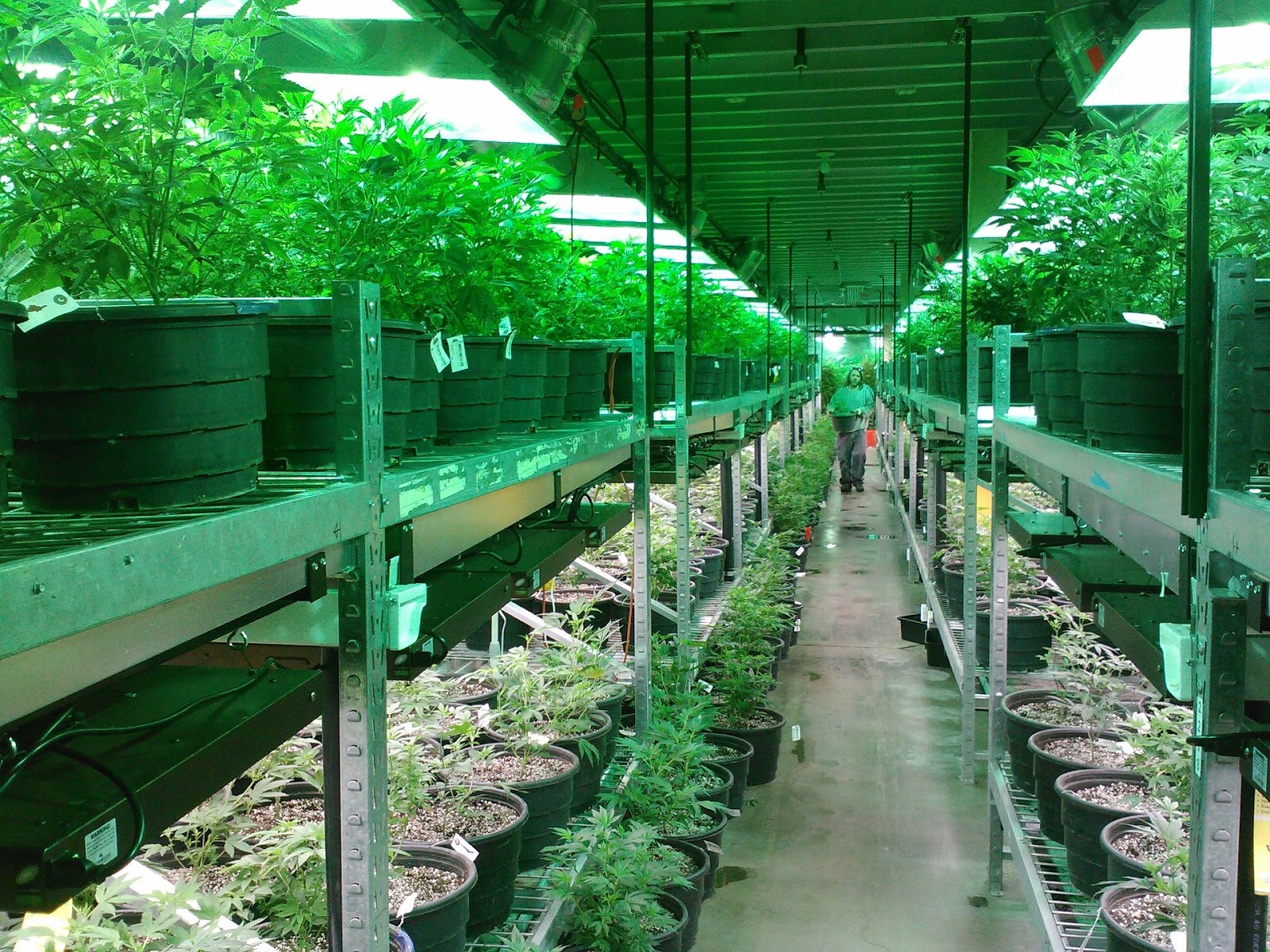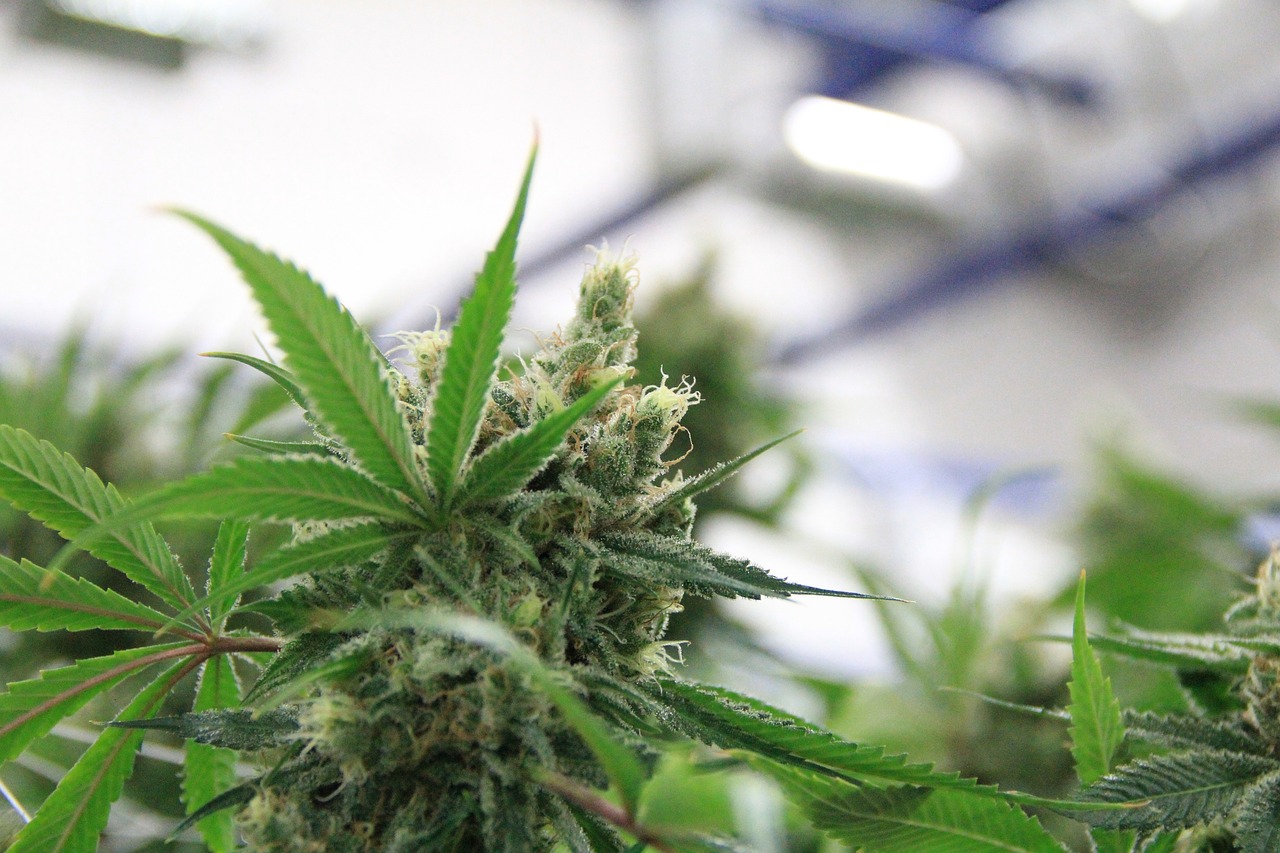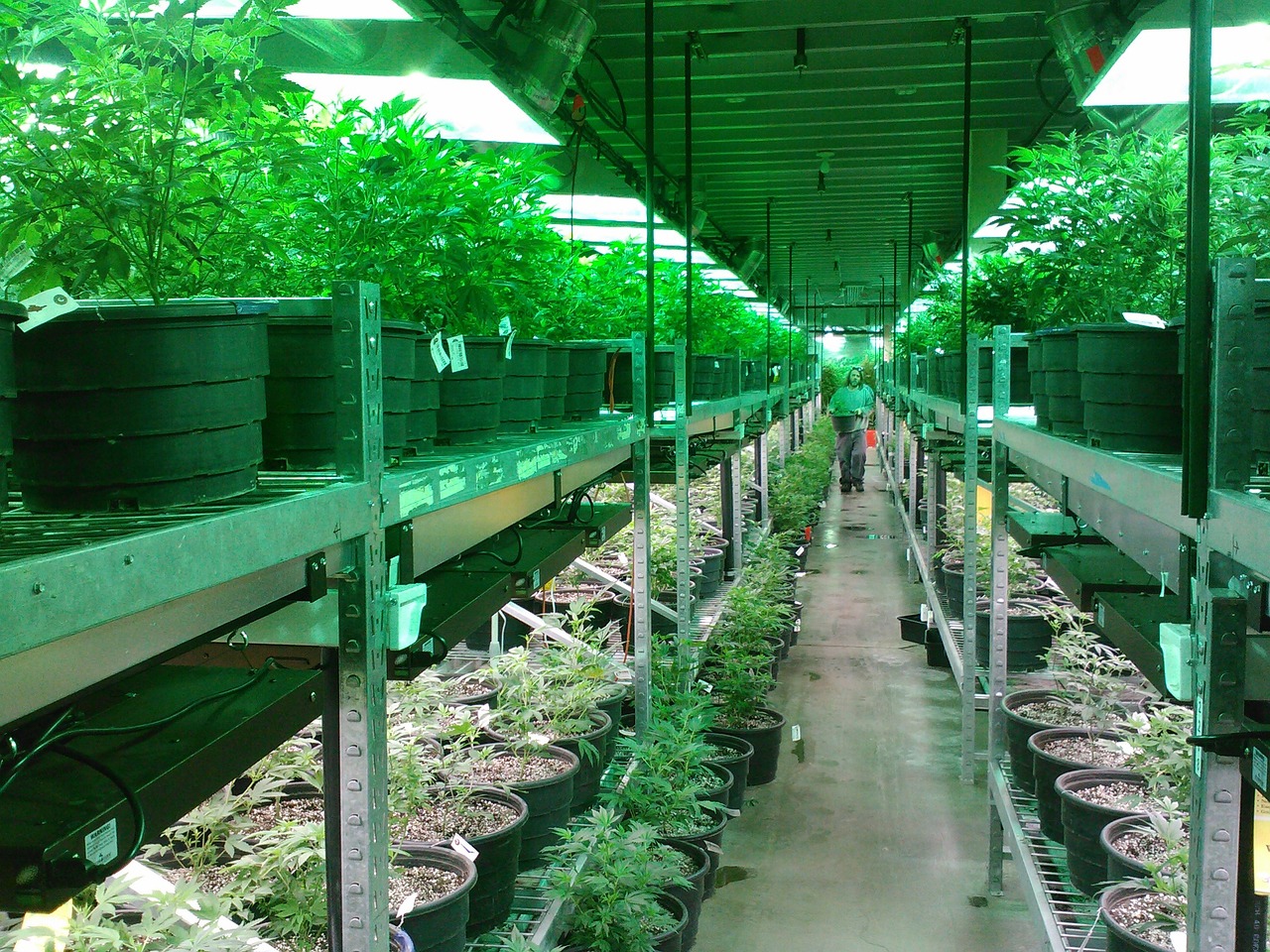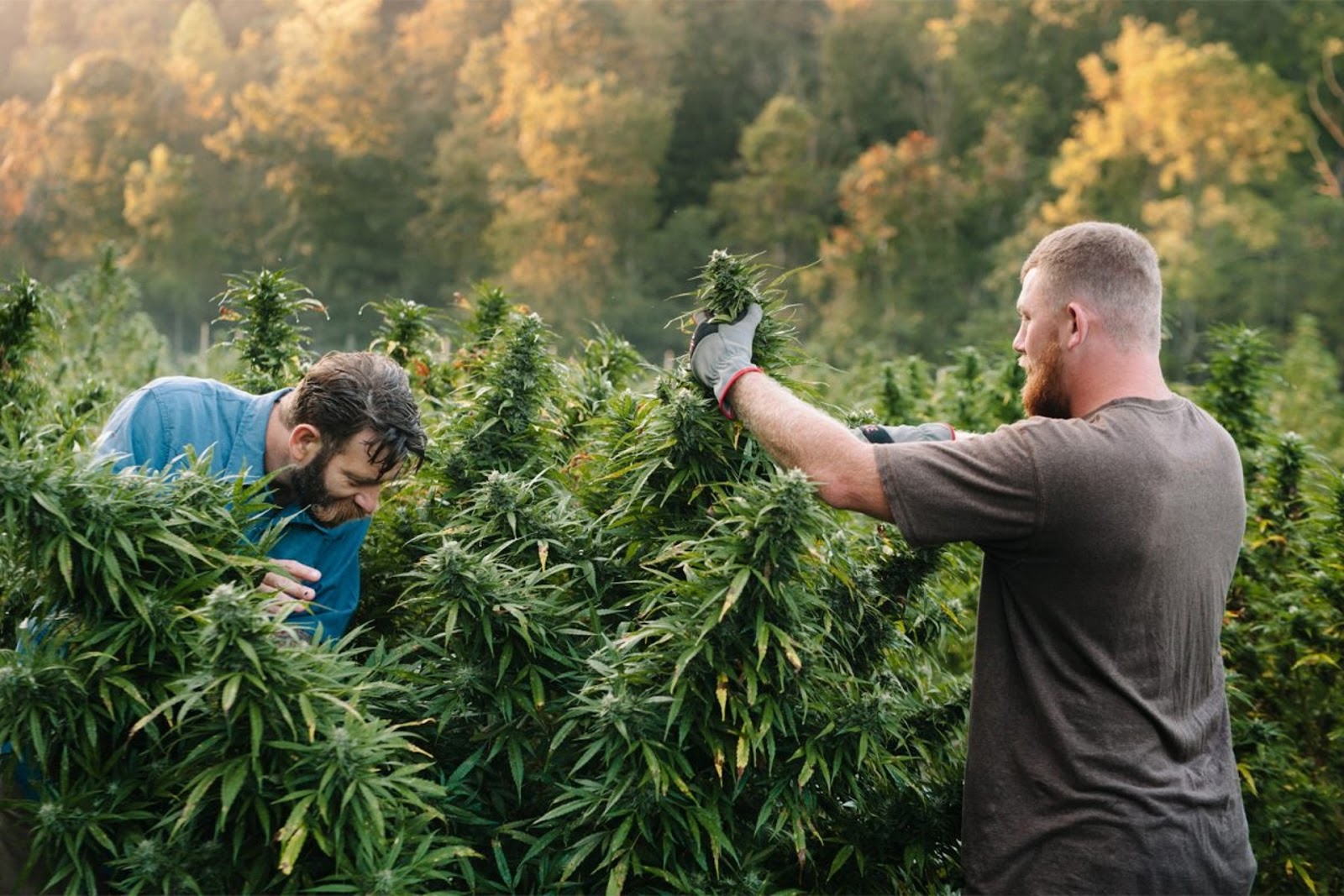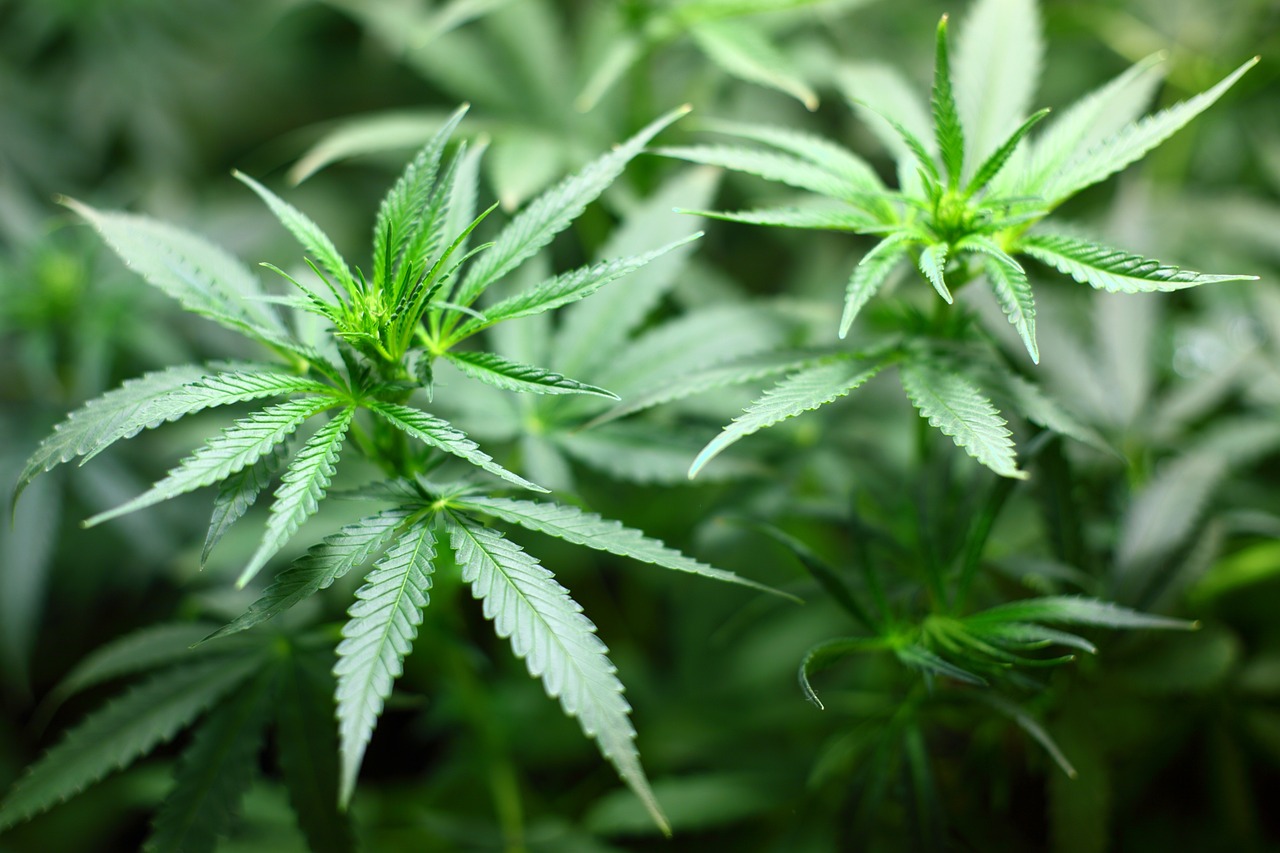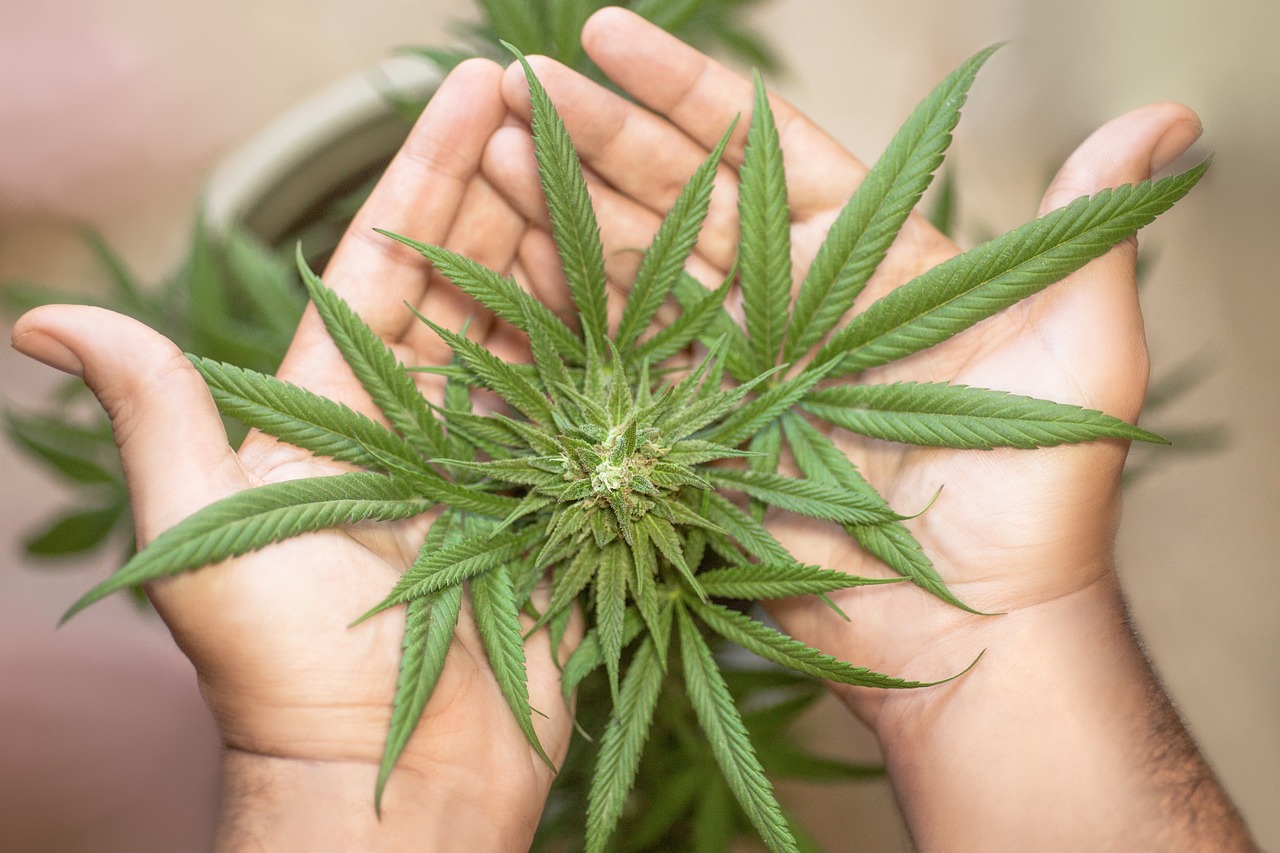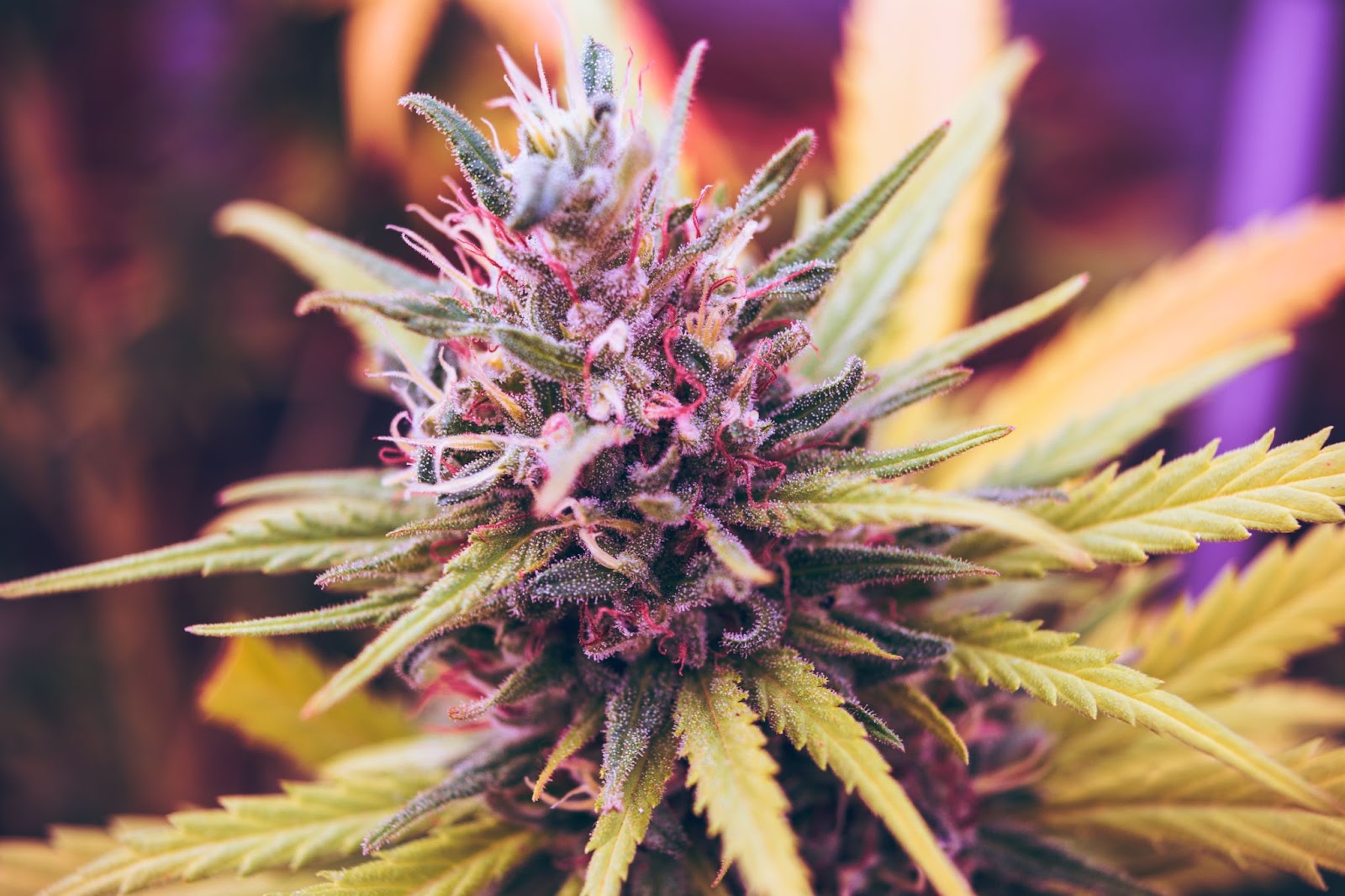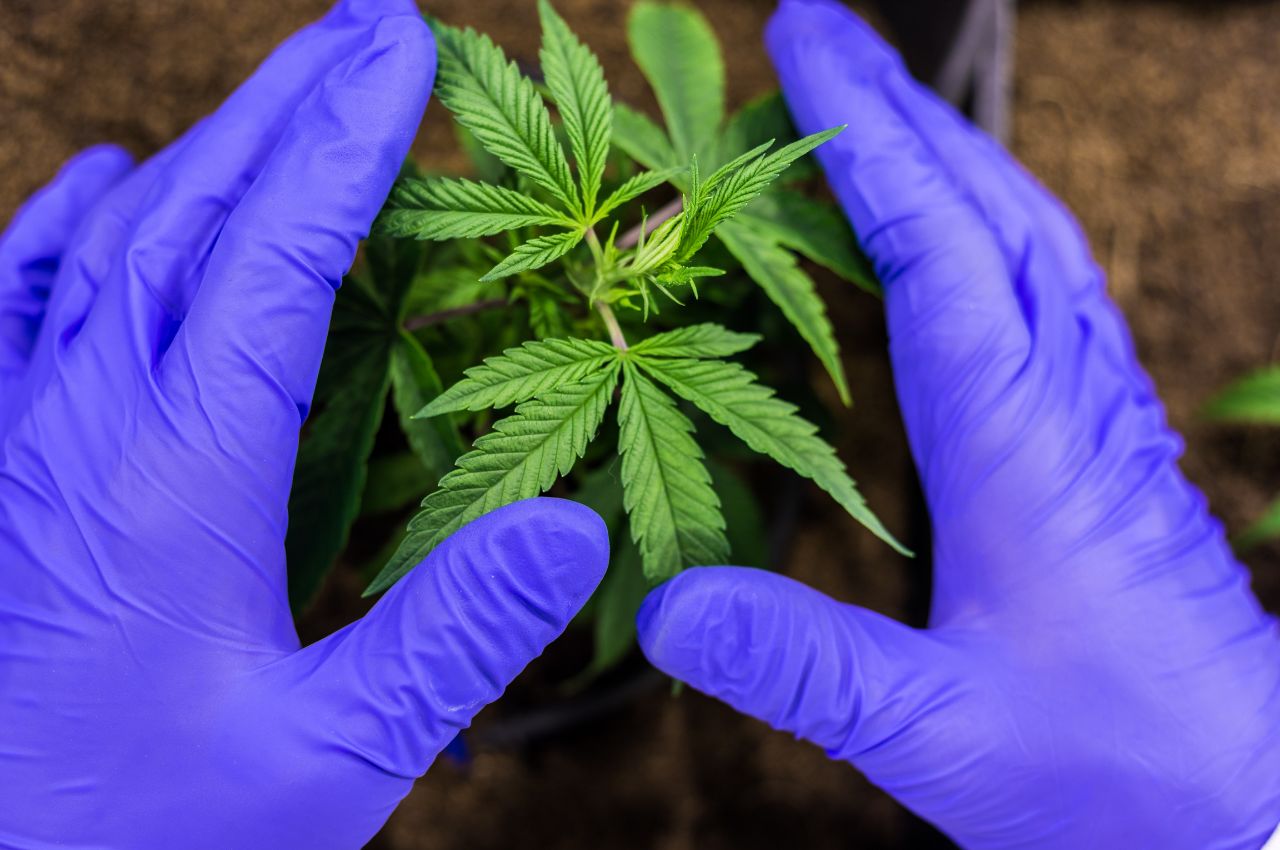In a significant move for the agriculture and hemp industry, President Joe Biden recently signed a stopgap funding bill that includes a one-year extension of the 2018 Farm Bill, initially set to expire on September 30. This extension not only prolongs the life of the existing bill but also provides critical time for lawmakers to develop new legislation that addresses burgeoning issues in the hemp industry. This includes the regulation of CBD as a dietary supplement and food additive.
The 2018 Farm Bill, officially known as the Agriculture Improvement Act, played a pivotal role in the agricultural sector by removing hemp – defined as cannabis with a THC concentration of no more than 0.3% on a dry weight basis – and its derivatives from the Controlled Substances Act (CSA). This move effectively legalized hemp, distinguishing it from marijuana and opening up new avenues for industrial and commercial use.
The industry has faced numerous challenges over the past five years since hemp’s legalization, from regulatory uncertainties to market fluctuations. Jonathan Miller, the U.S. Hemp Roundtable’s general counsel, emphasized the significance of the upcoming 2023 Farm Bill. In April, he stated, “The five years since legalization have been challenging, and the 2023 Farm Bill is our next and best opportunity to take this industry a step forward.” He also noted the remarkable unity within the industry and the potential impact of a shared voice in Congress.
Earlier this year, over 30 organizations representing the hemp industry came together to compile a list of policy priorities they wish to see in the next iteration of the Farm Bill. These priorities include clearer regulations on THC levels in hemp, addressing the status of hemp-derived products like CBD in food and supplements, and ensuring fair market access for hemp farmers and businesses.
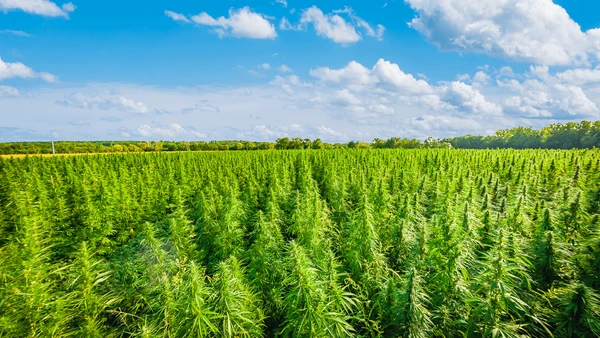
One of the critical issues the new legislation aims to tackle is the regulation of hemp-derived delta-9-THC and delta-8-THC. These compounds have enabled brand owners and manufacturers to offer THC products on a national scale, but they have also raised concerns in state-regulated cannabis markets. The ambiguity in current regulations has led to a patchwork of state-level responses, creating a complex landscape for businesses and consumers alike.
The rise of hemp-derived delta-9-THC products has notably influenced the infused beverage industry, especially in states like Minnesota and Texas. This flourishing sector exemplifies the diverse applications of hemp and the potential economic benefits of clear, consistent regulations.
As the deadline for the new legislation approaches on September 30, 2024, all eyes are on Congress to deliver a comprehensive and forward-thinking Farm Bill. The extension granted by President Biden not only offers a temporary solution but also underscores the urgency of addressing the evolving needs of the hemp industry. The collaborative effort by industry organizations to influence the bill’s contents reflects a proactive approach to shaping a regulatory environment that supports growth, innovation, and consumer safety in the hemp sector.
The extension of the 2018 Farm Bill is a crucial development, granting lawmakers additional time to formulate legislation that can better serve the dynamic and growing needs of the hemp industry. With industry representatives and lawmakers working closely, the upcoming period could mark a significant turning point in how hemp and its derivatives are regulated and utilized. This could potentially set the stage for a new era in agricultural and industrial hemp.



